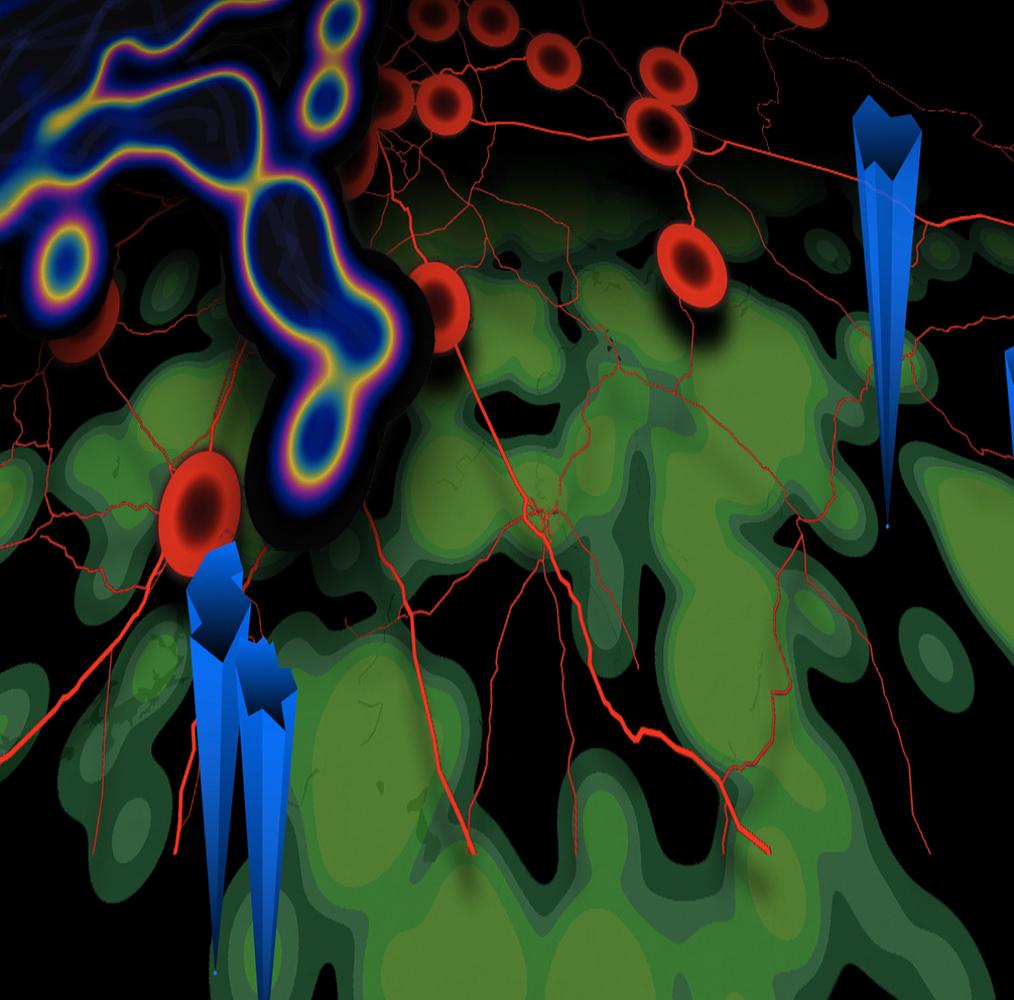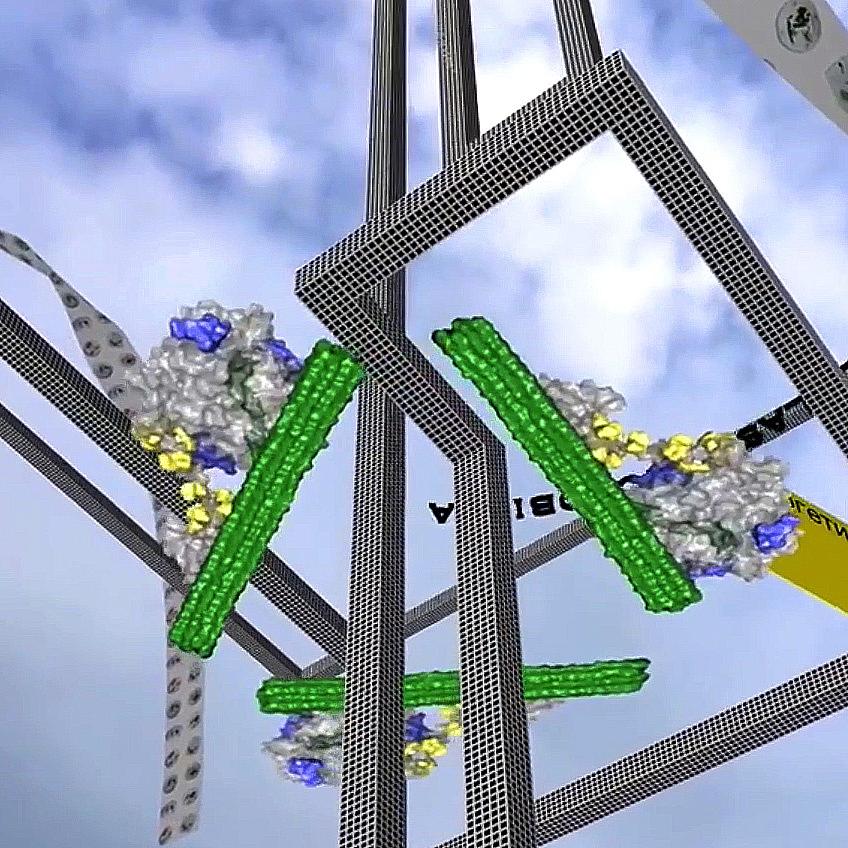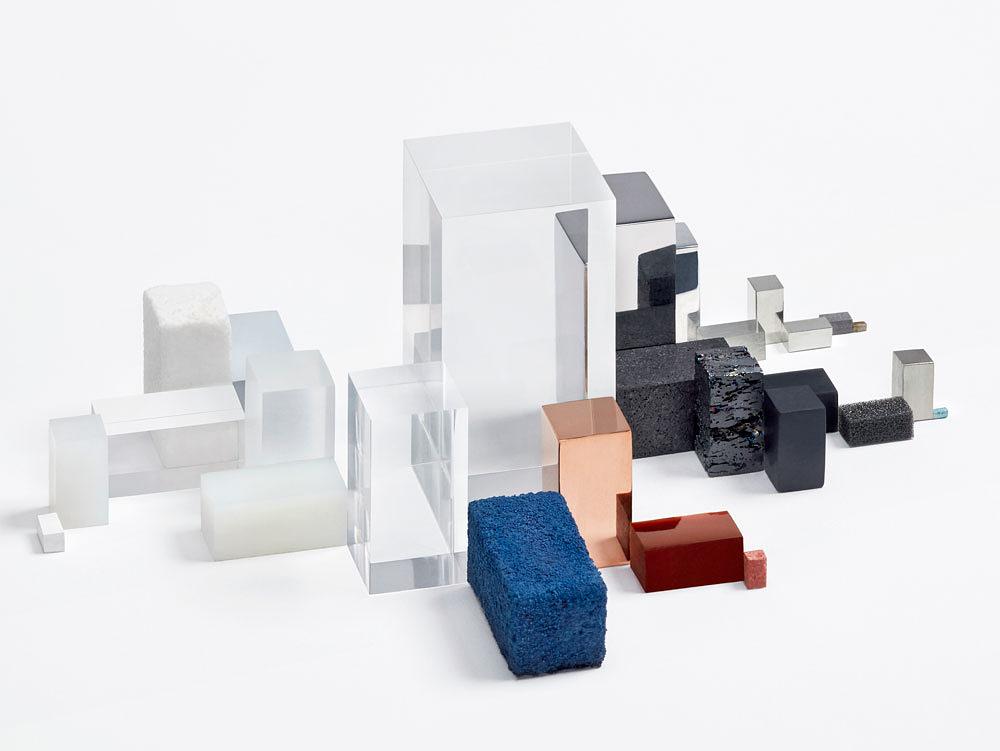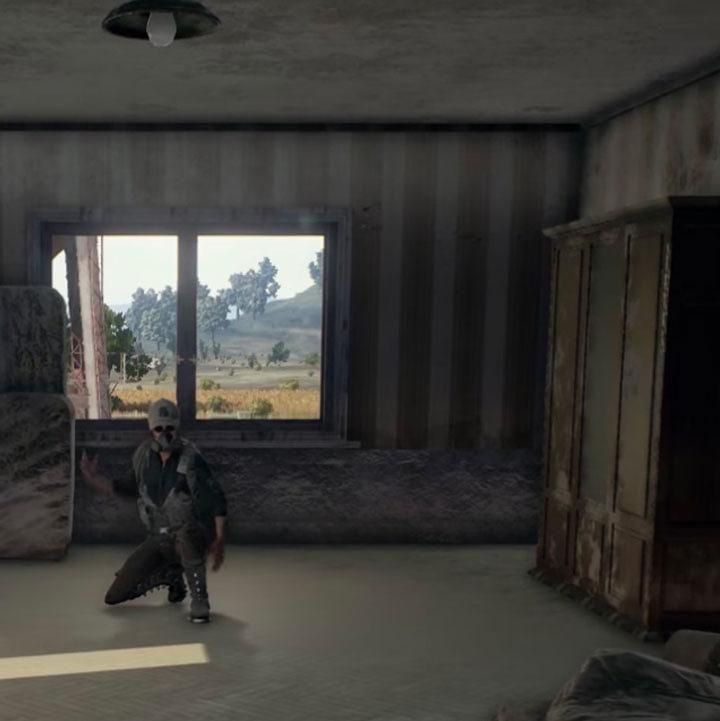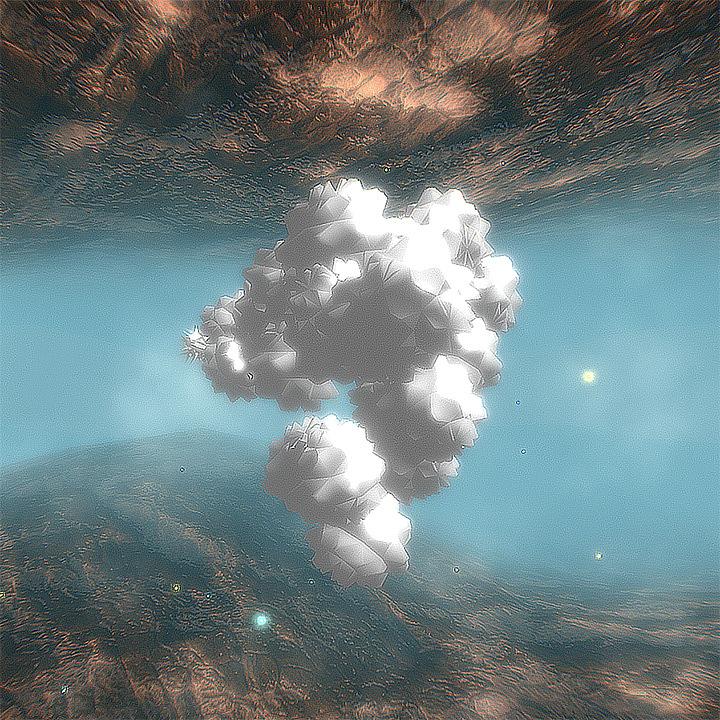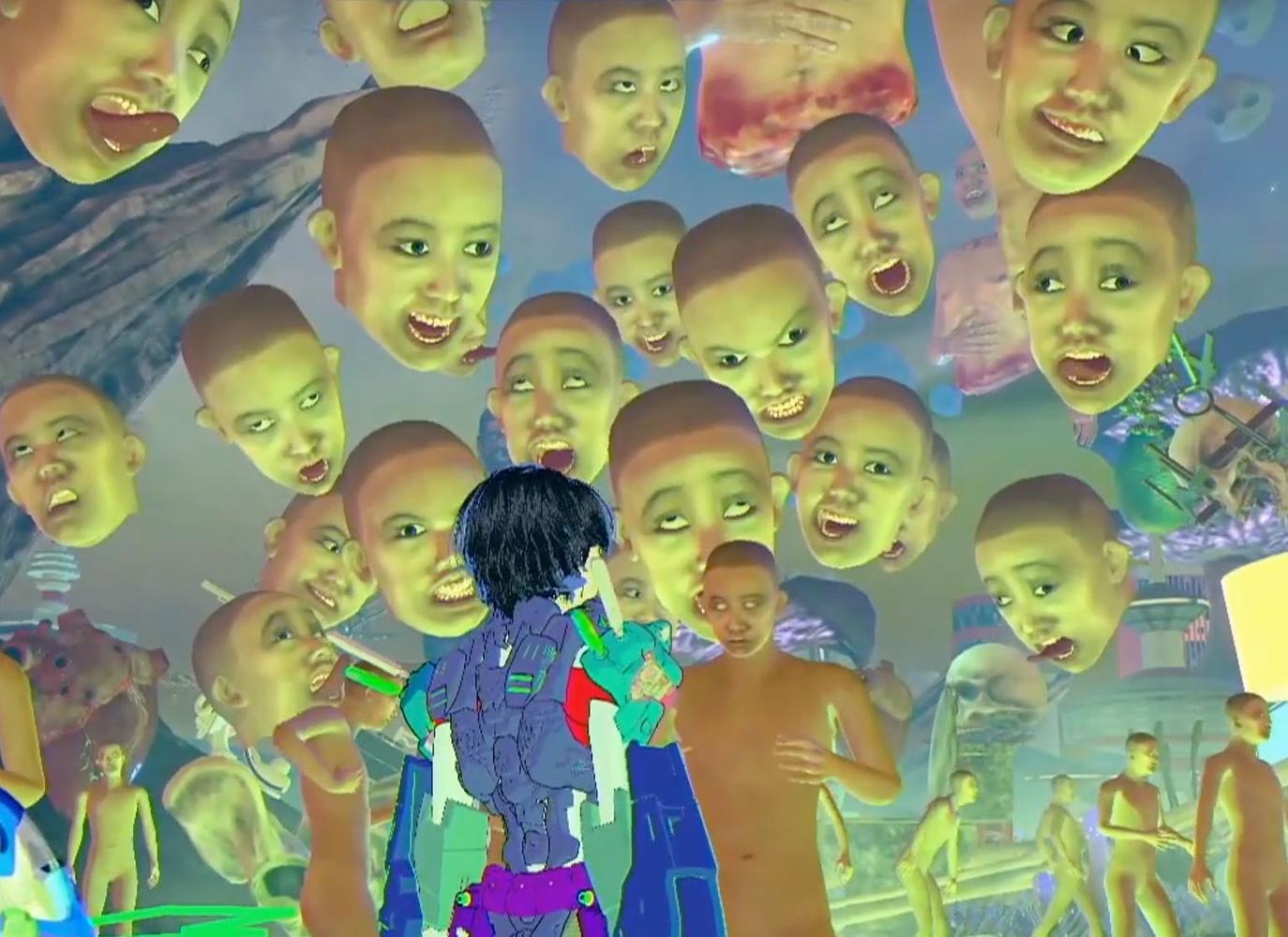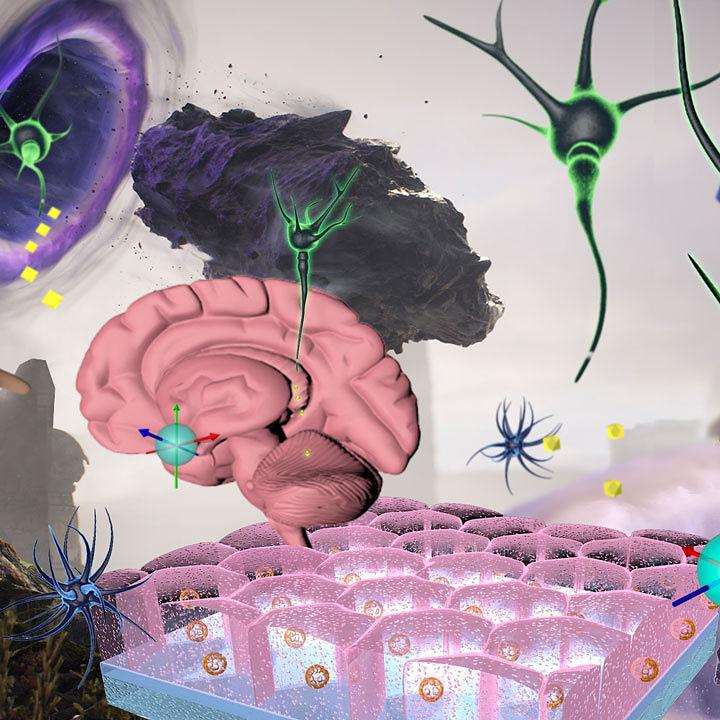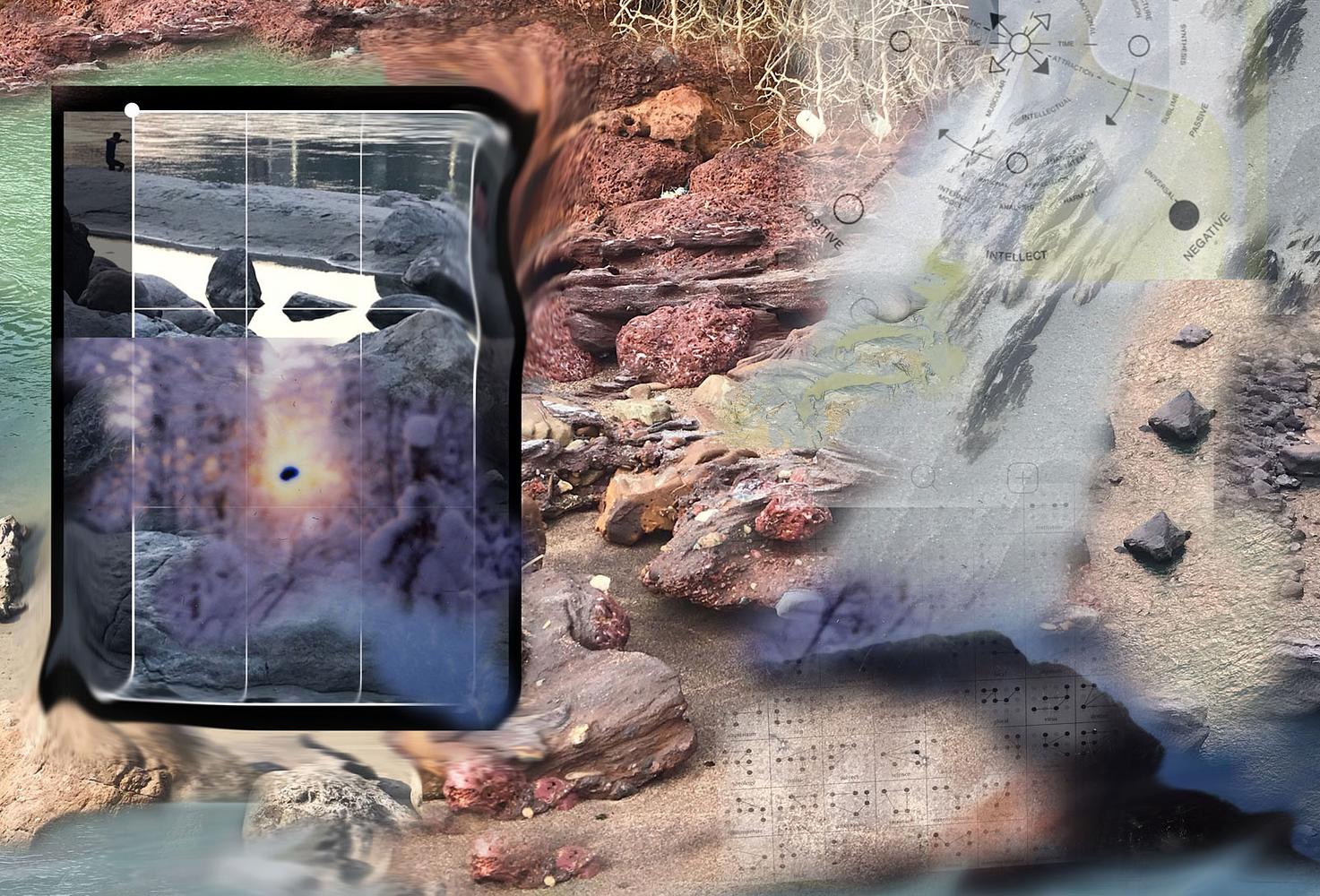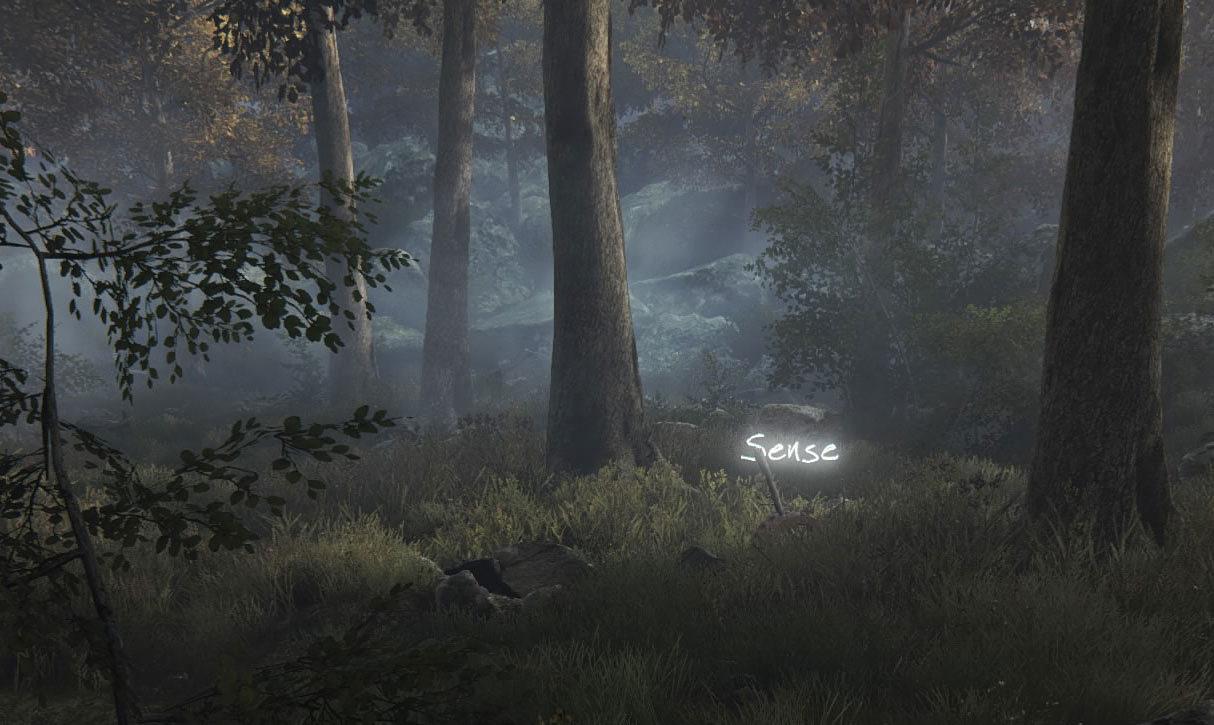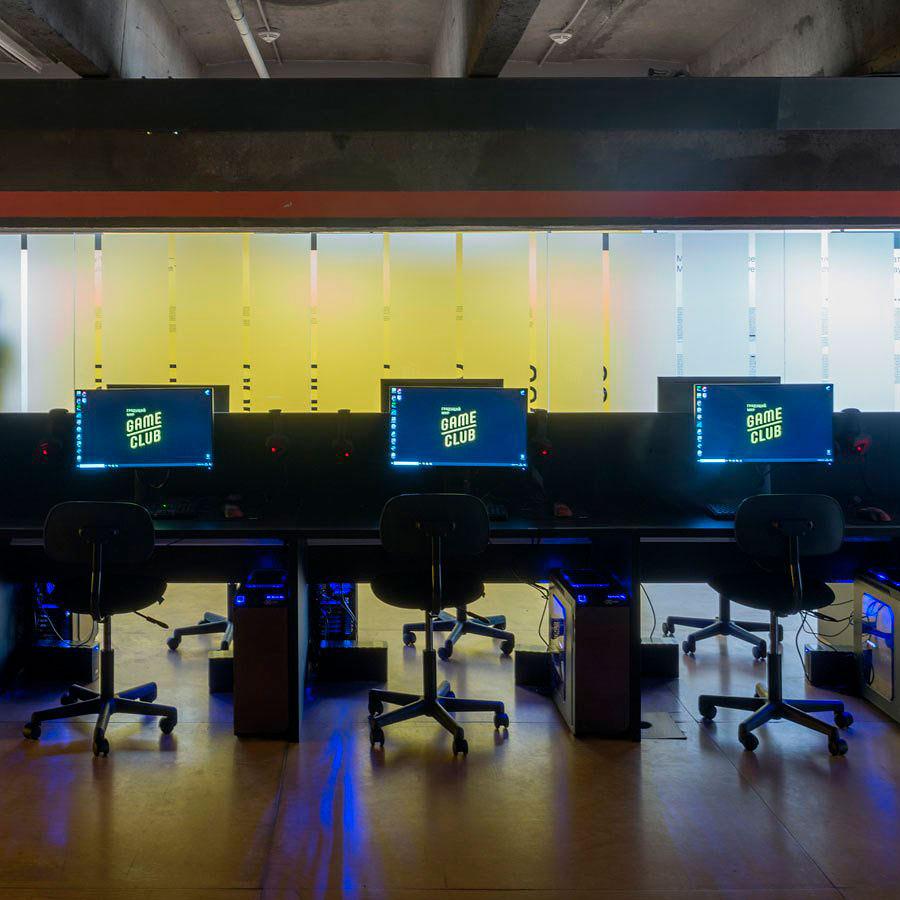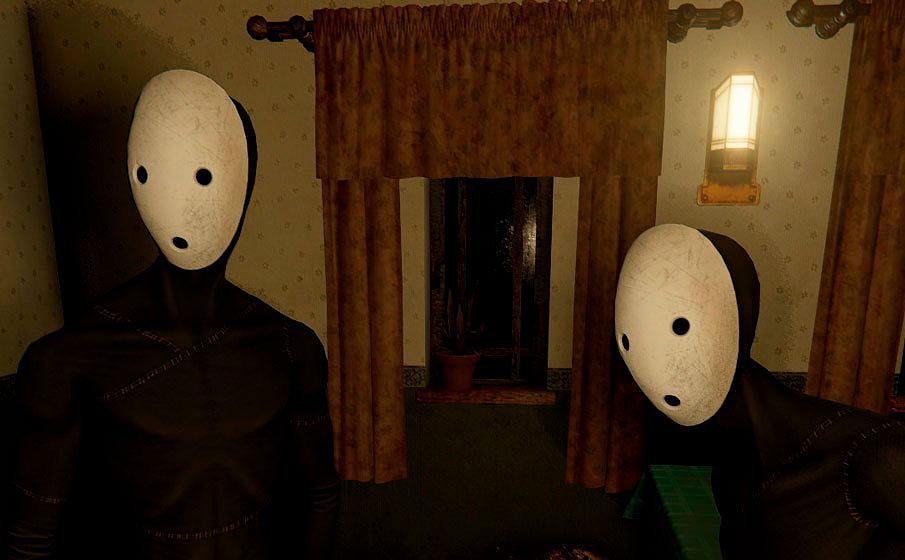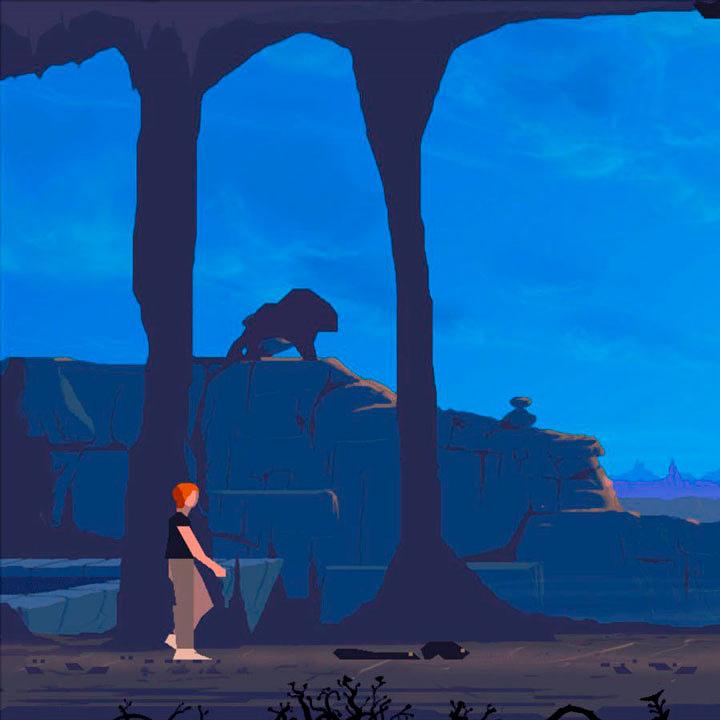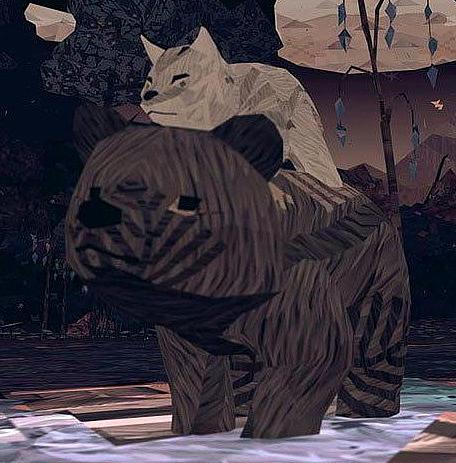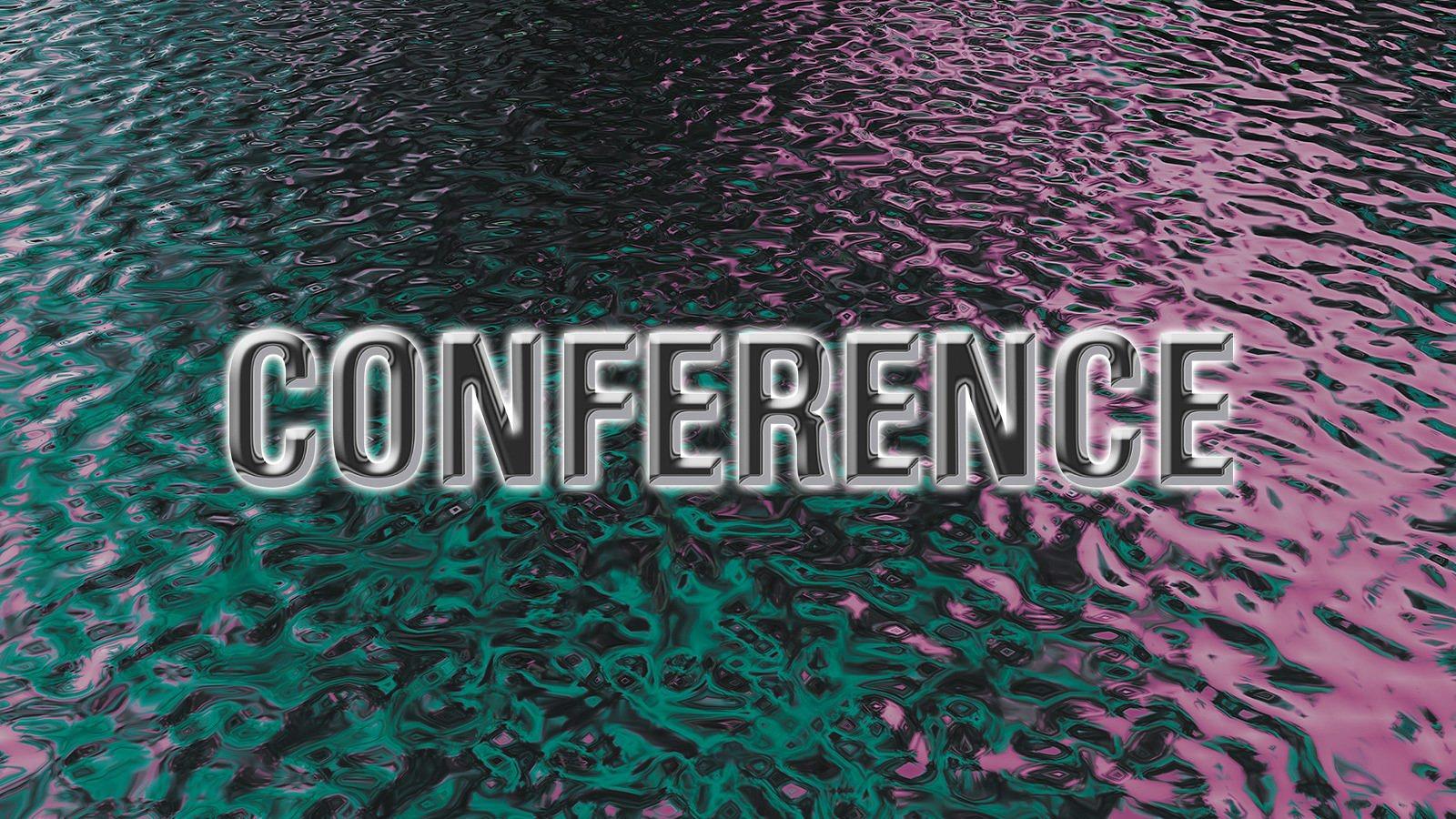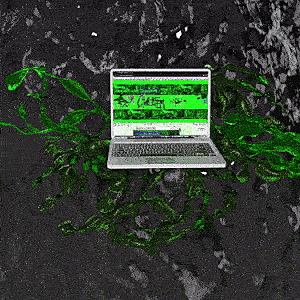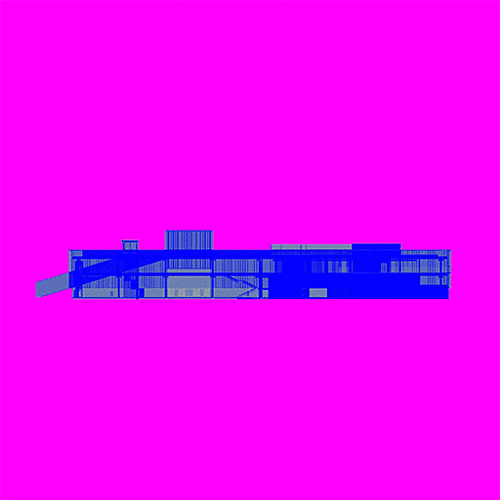
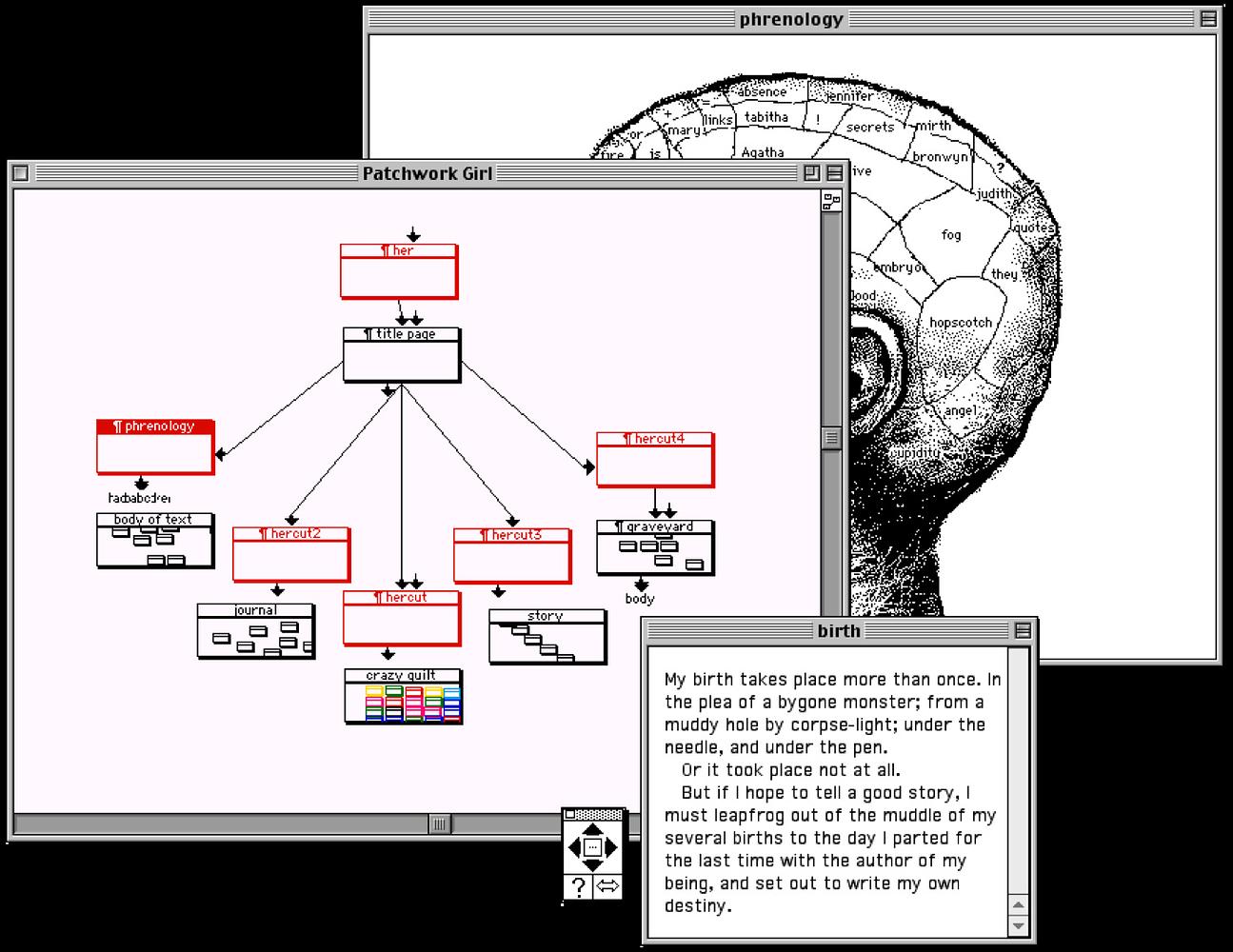
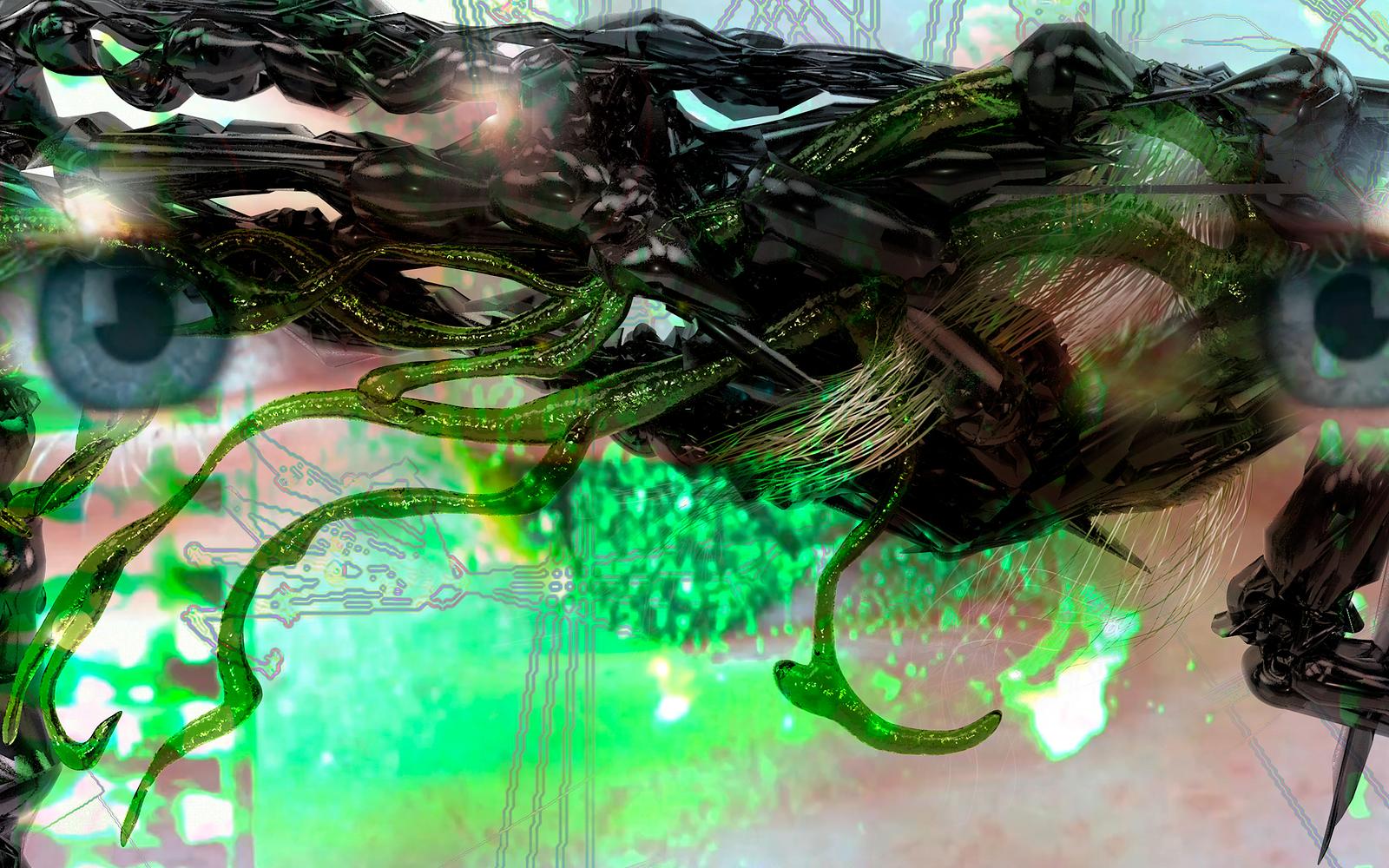
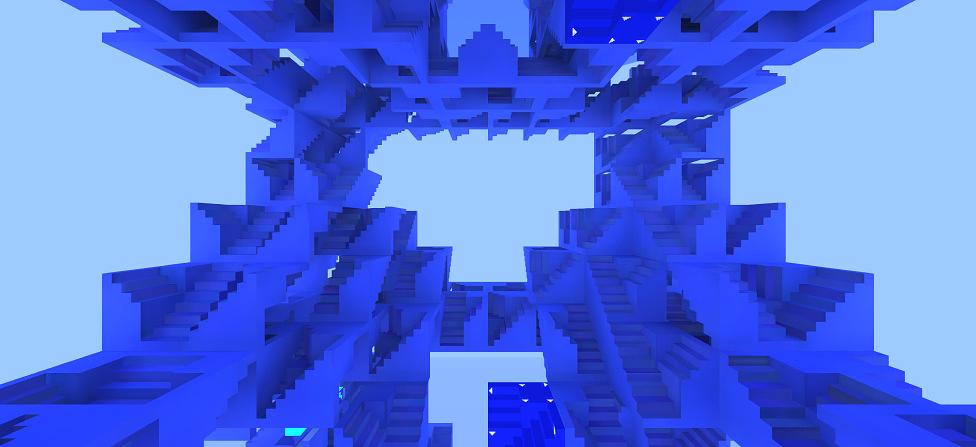
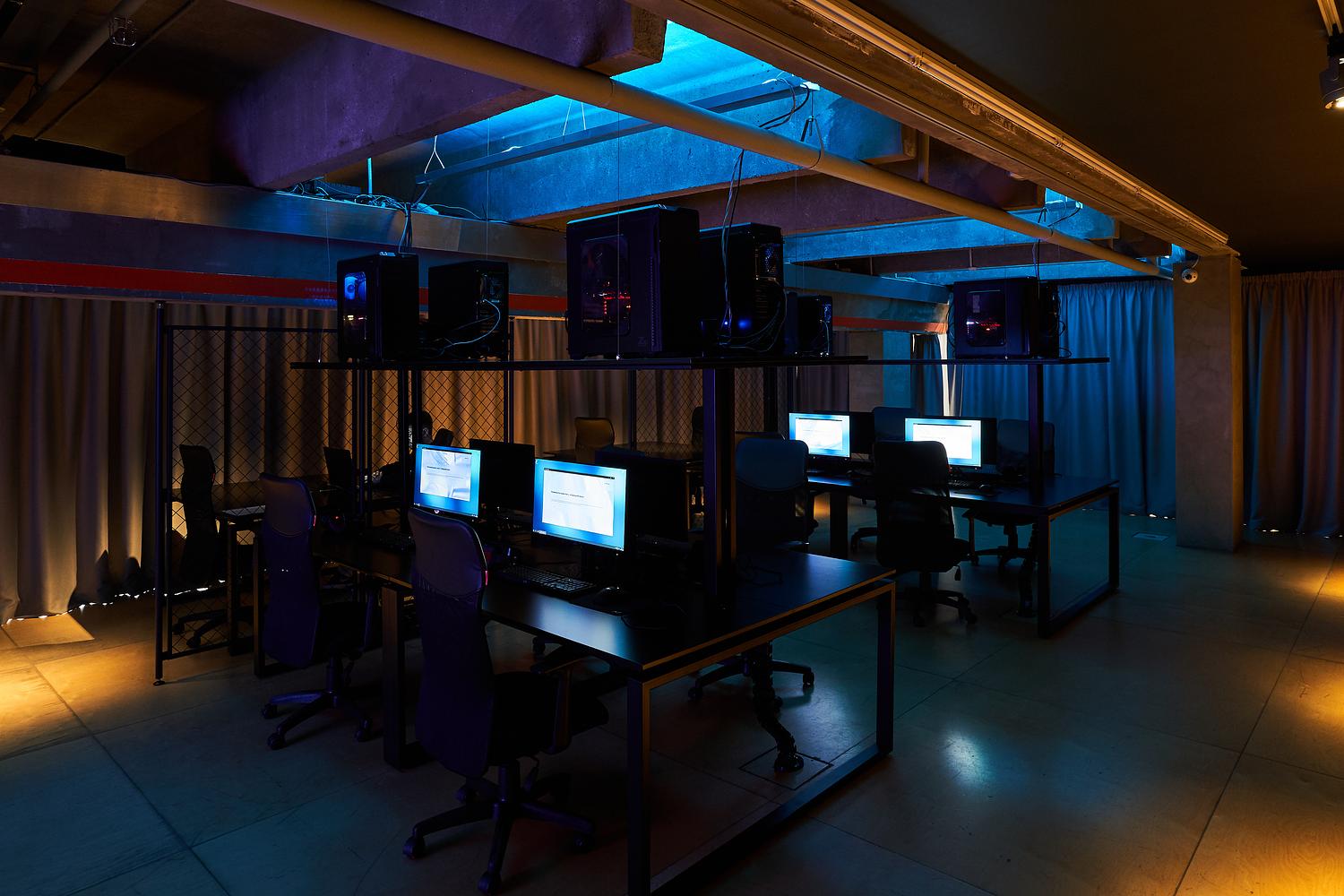

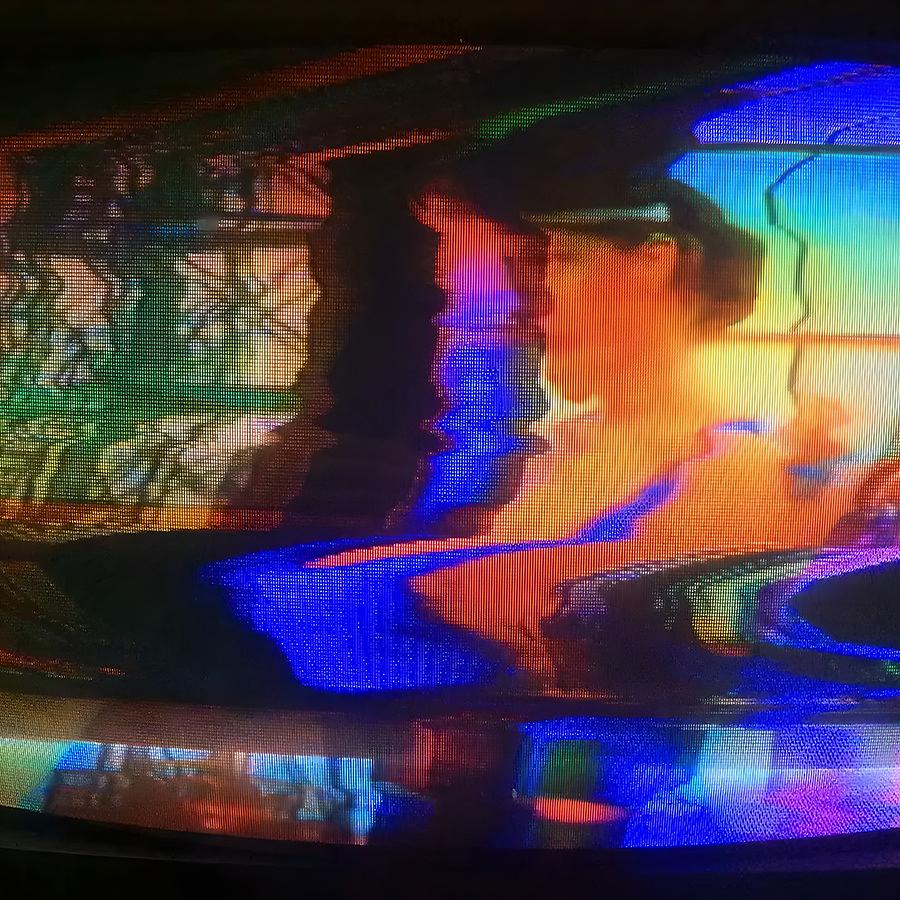
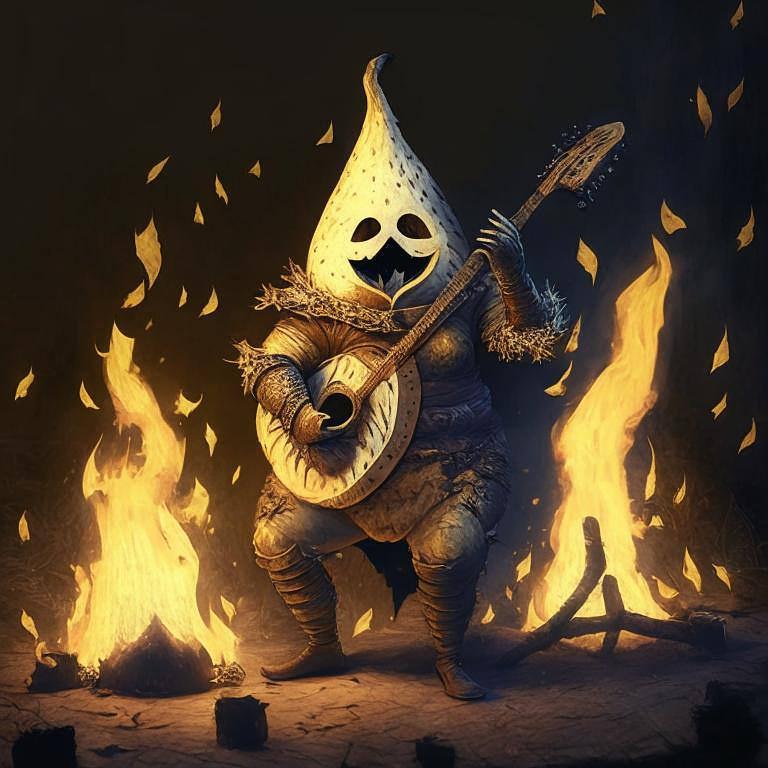
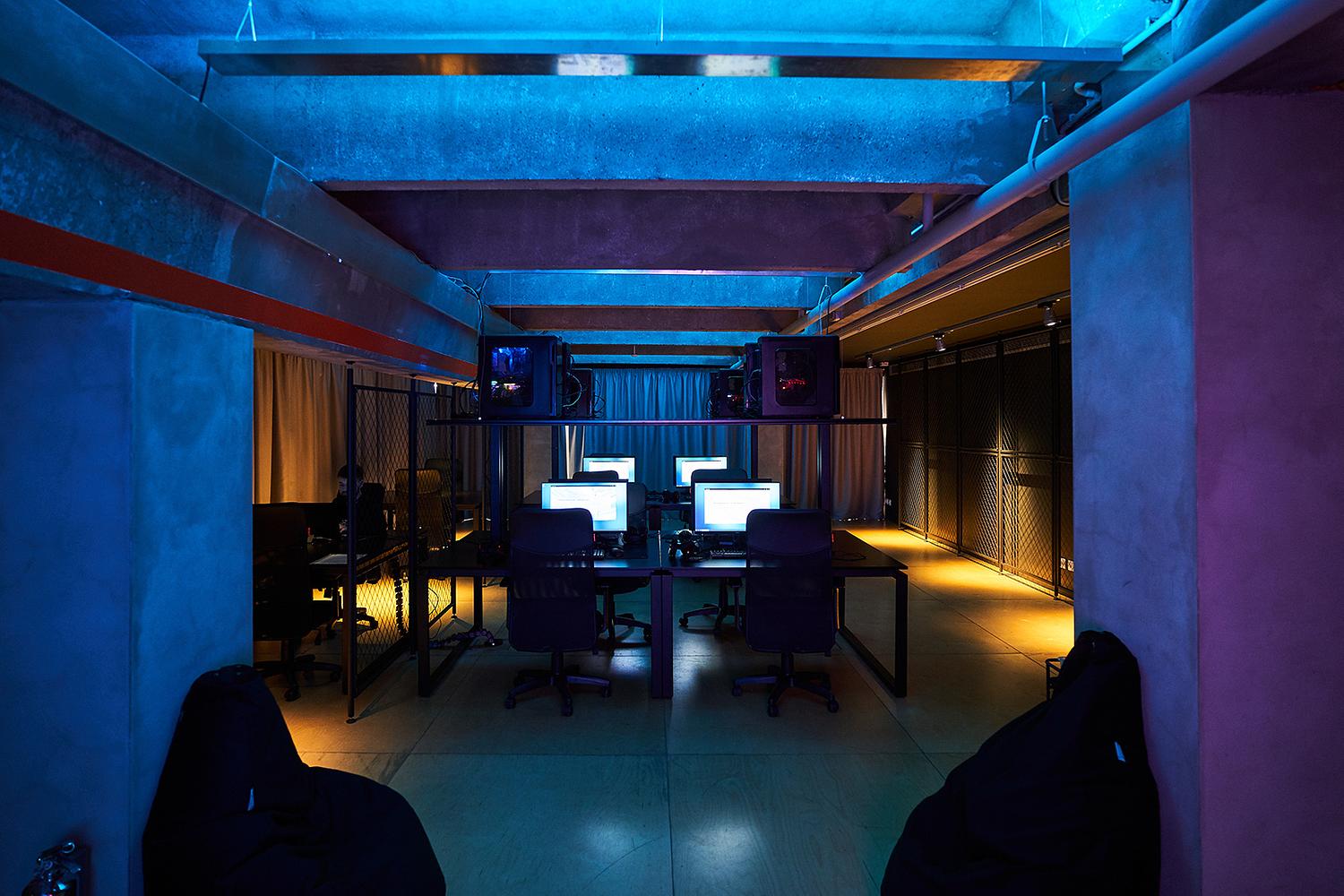
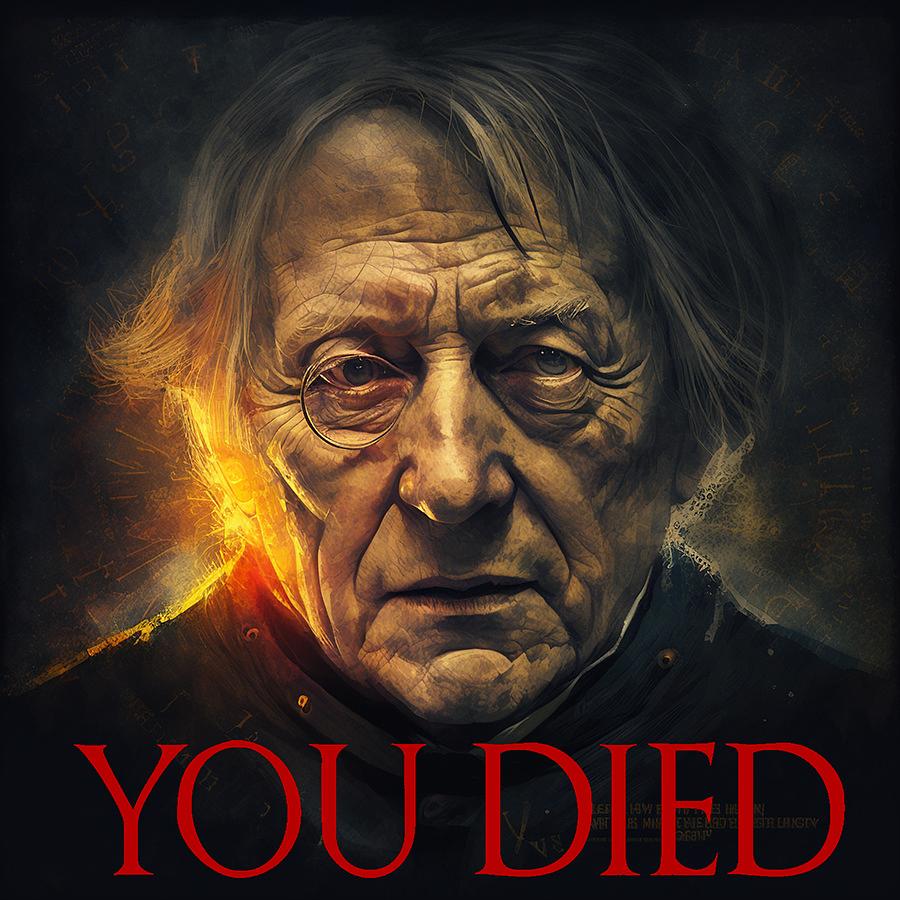
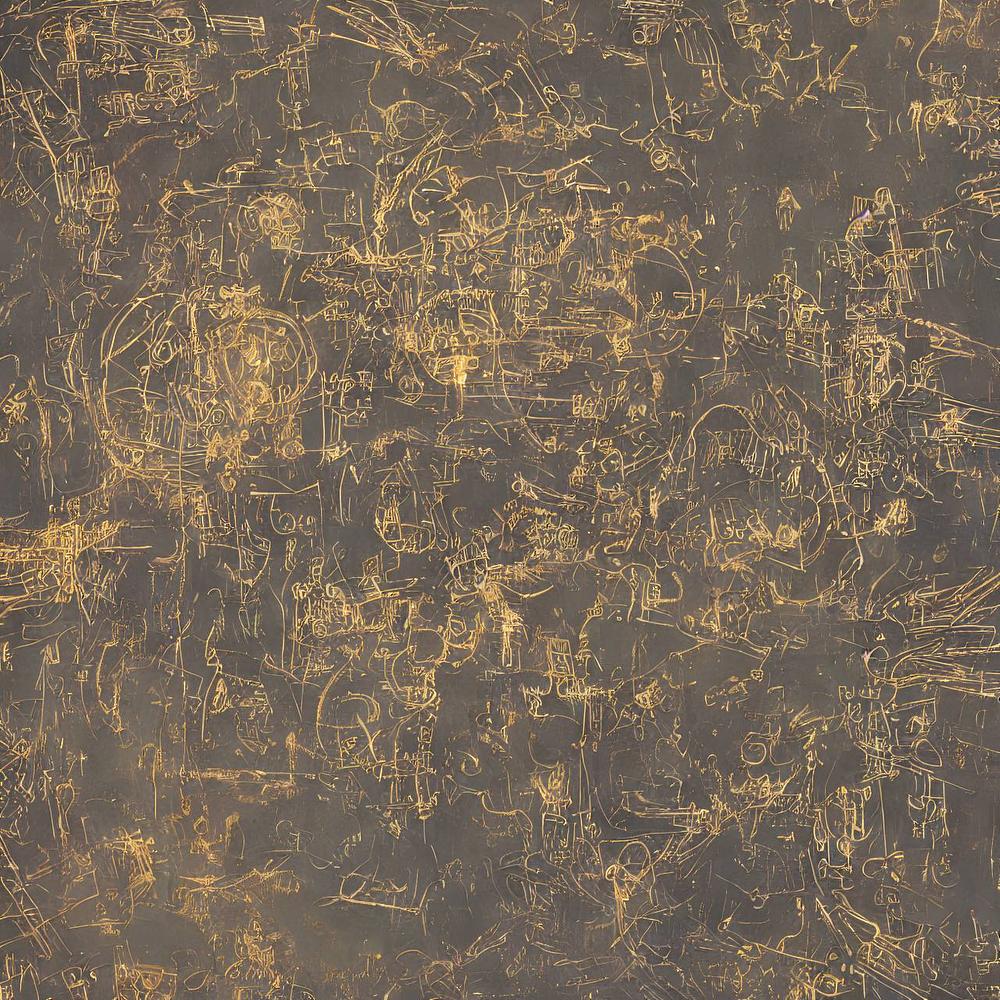
The main goal of the seminar is to transform gaming practice, which is casually believed to be a nonimportant recreational activity, into a training ground for the production of knowledge and social and cultural studies.
This event is part of the public program of the World Gone By computer class.

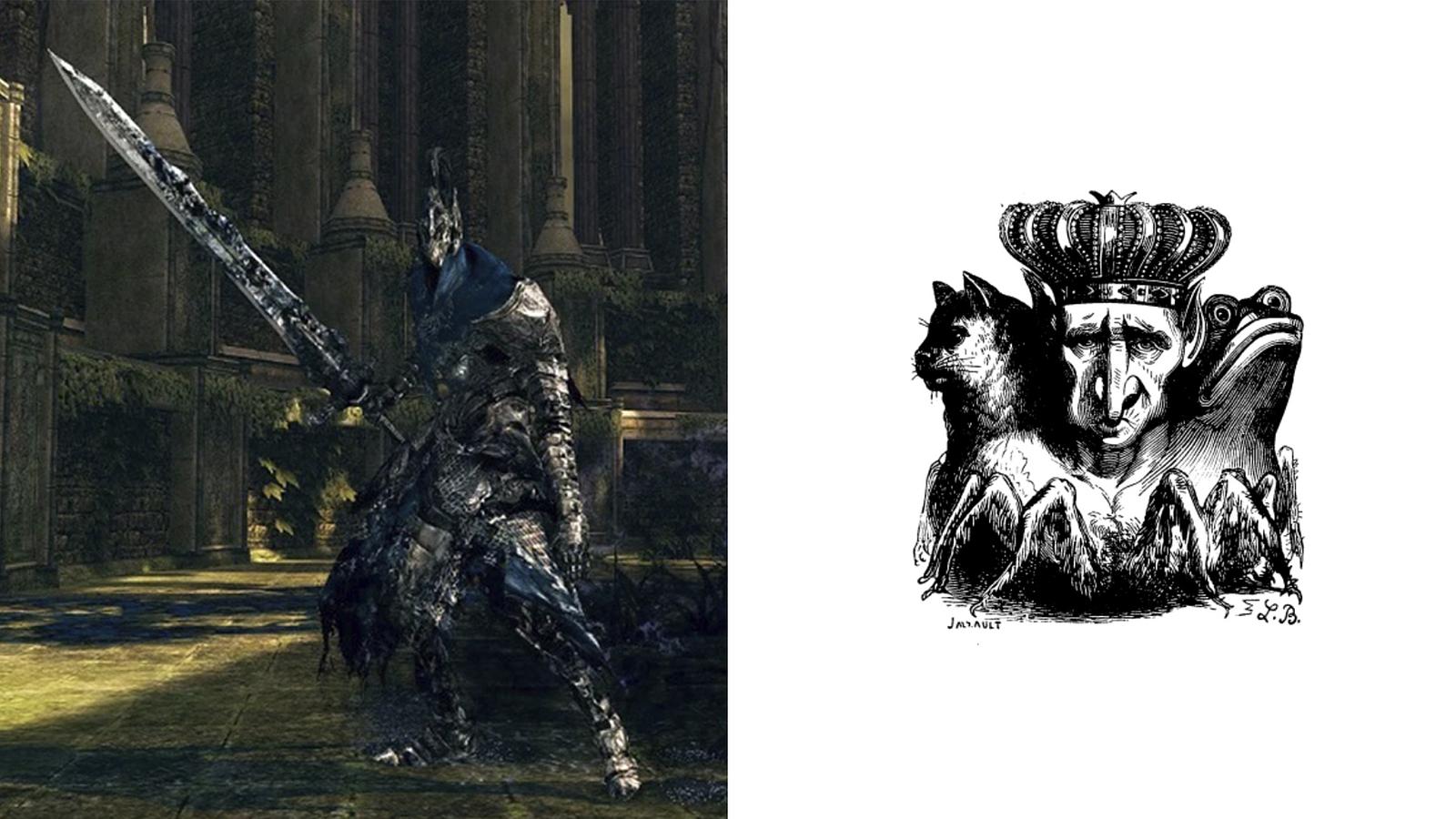
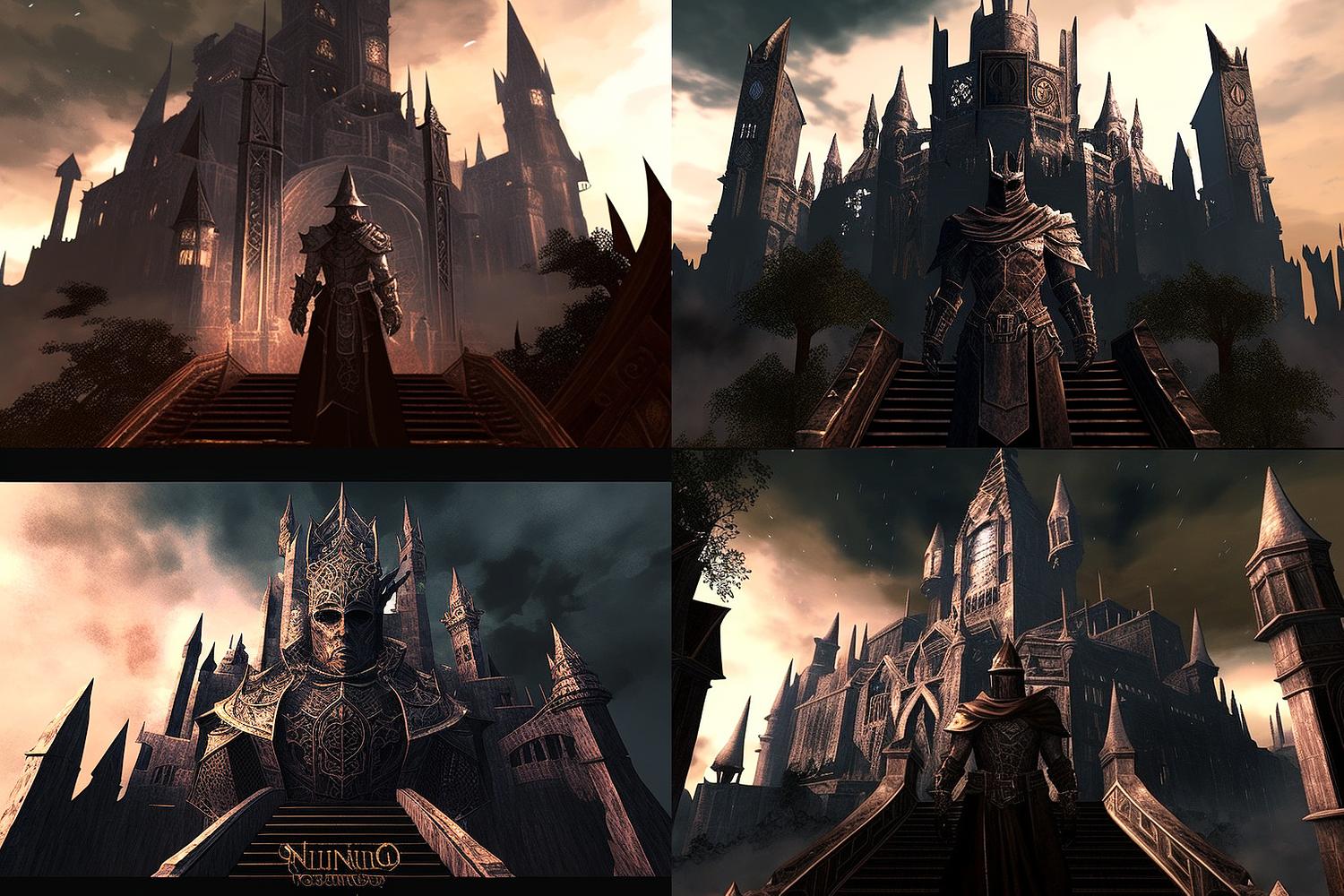
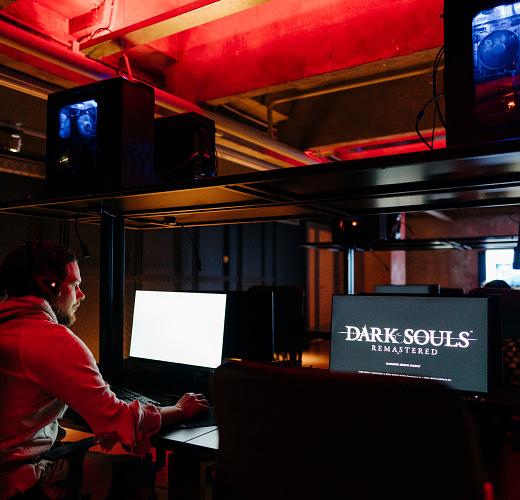
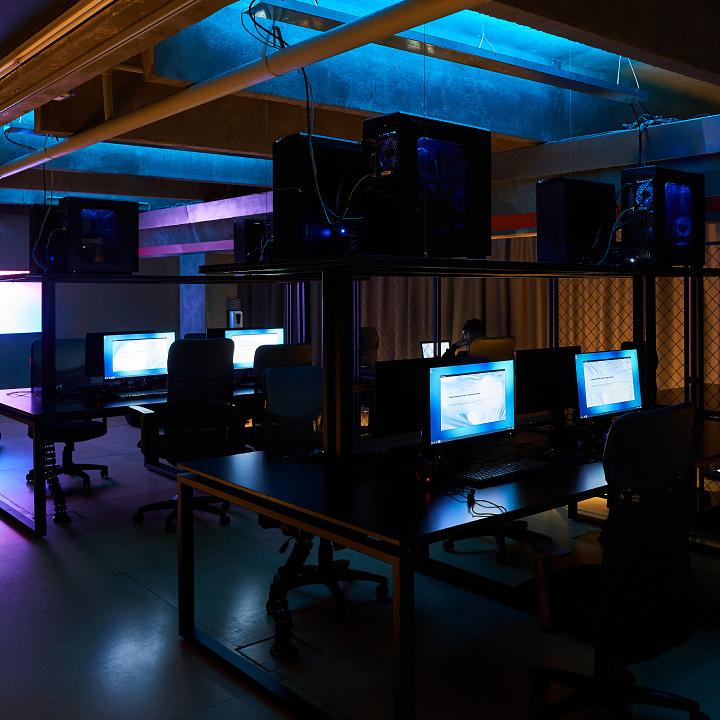

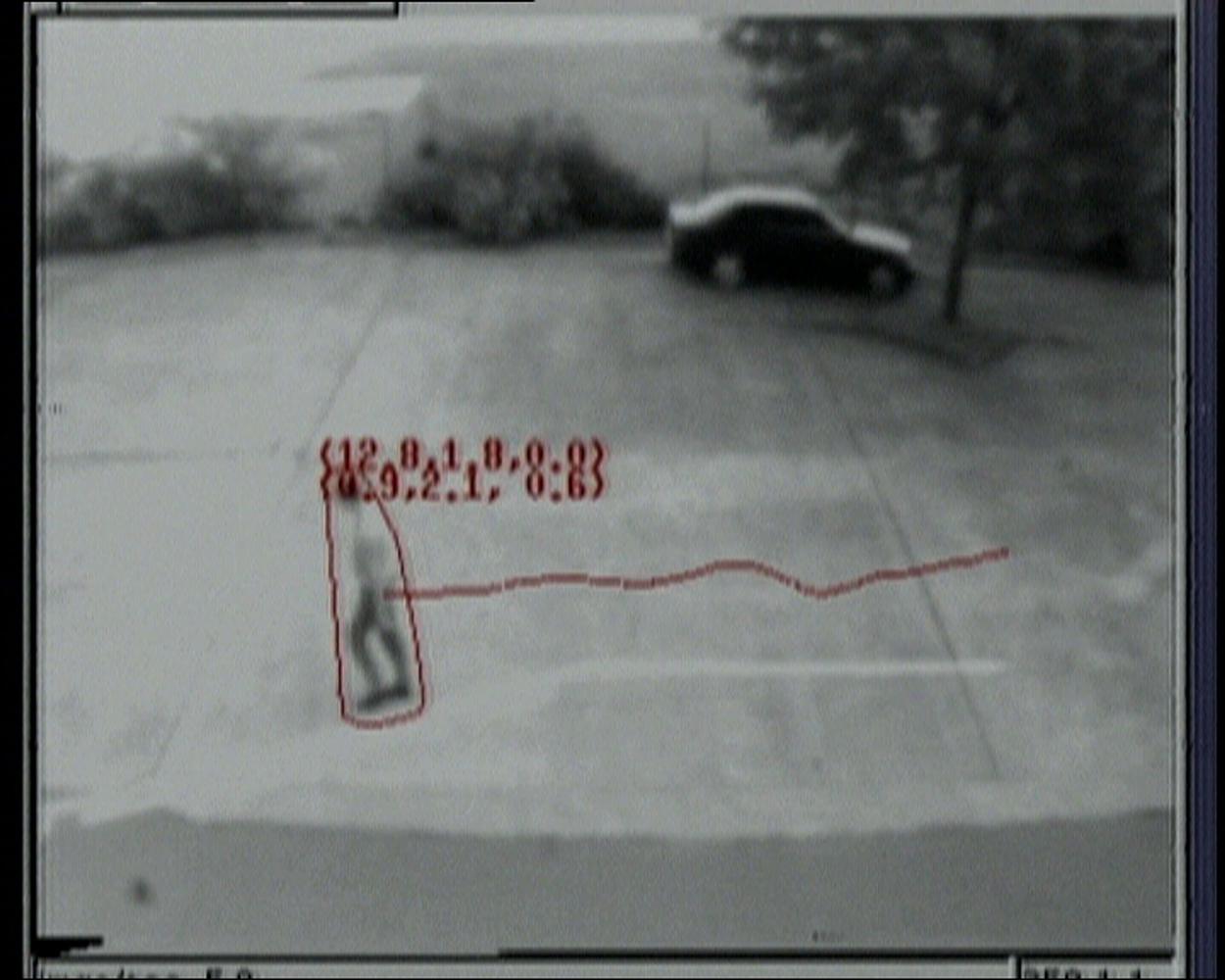
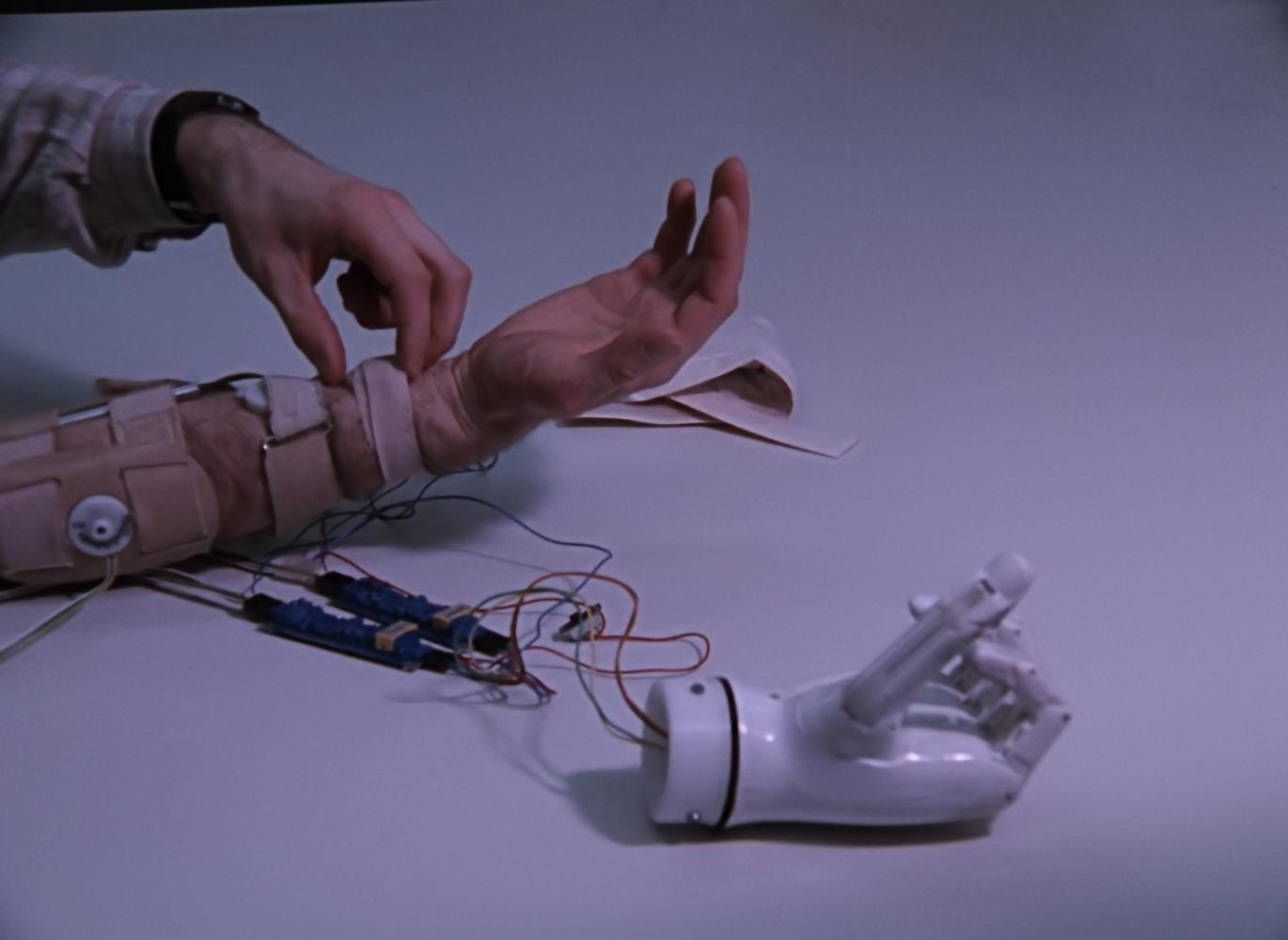
Garage Digital stopped working on this project.

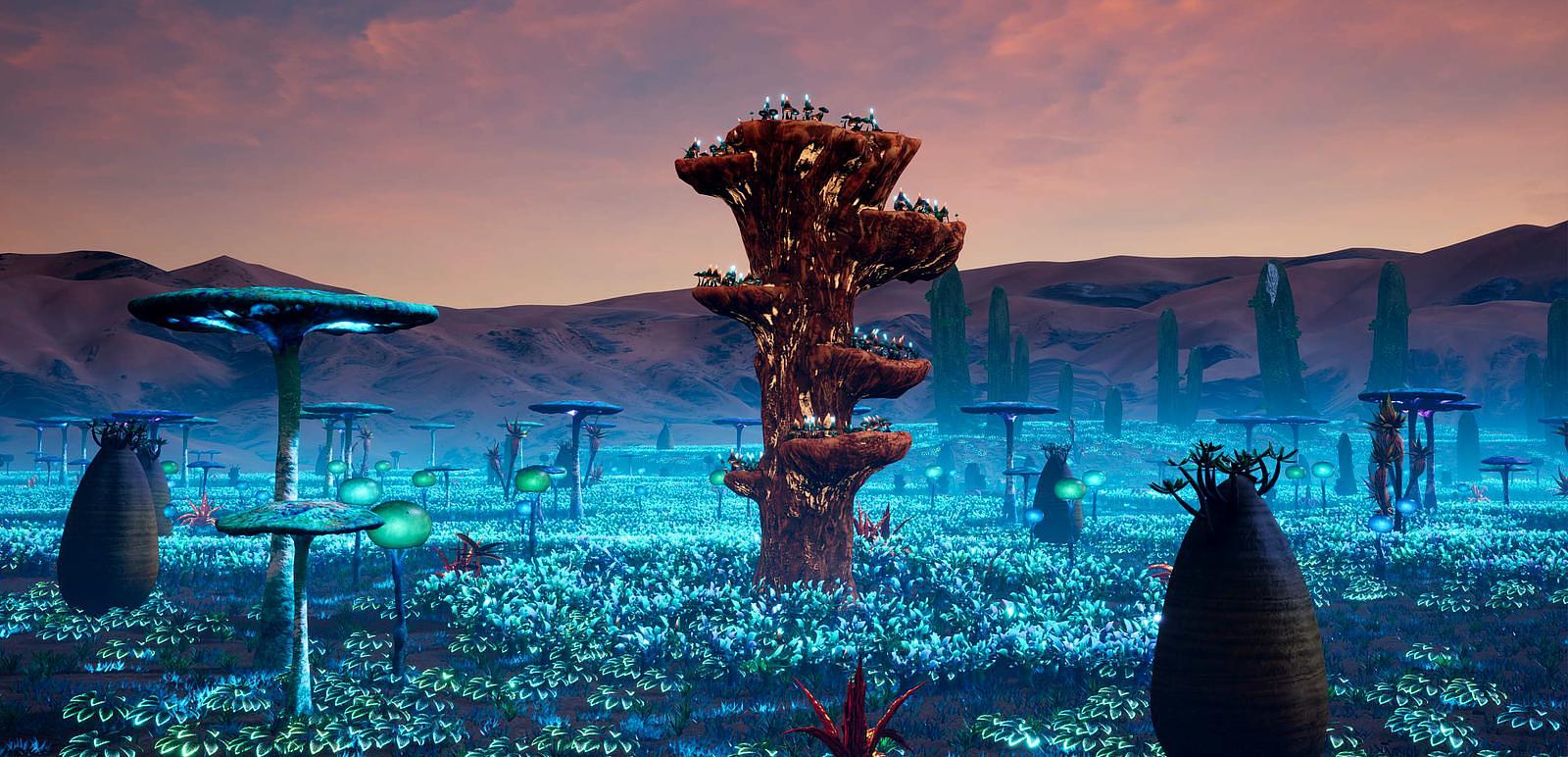
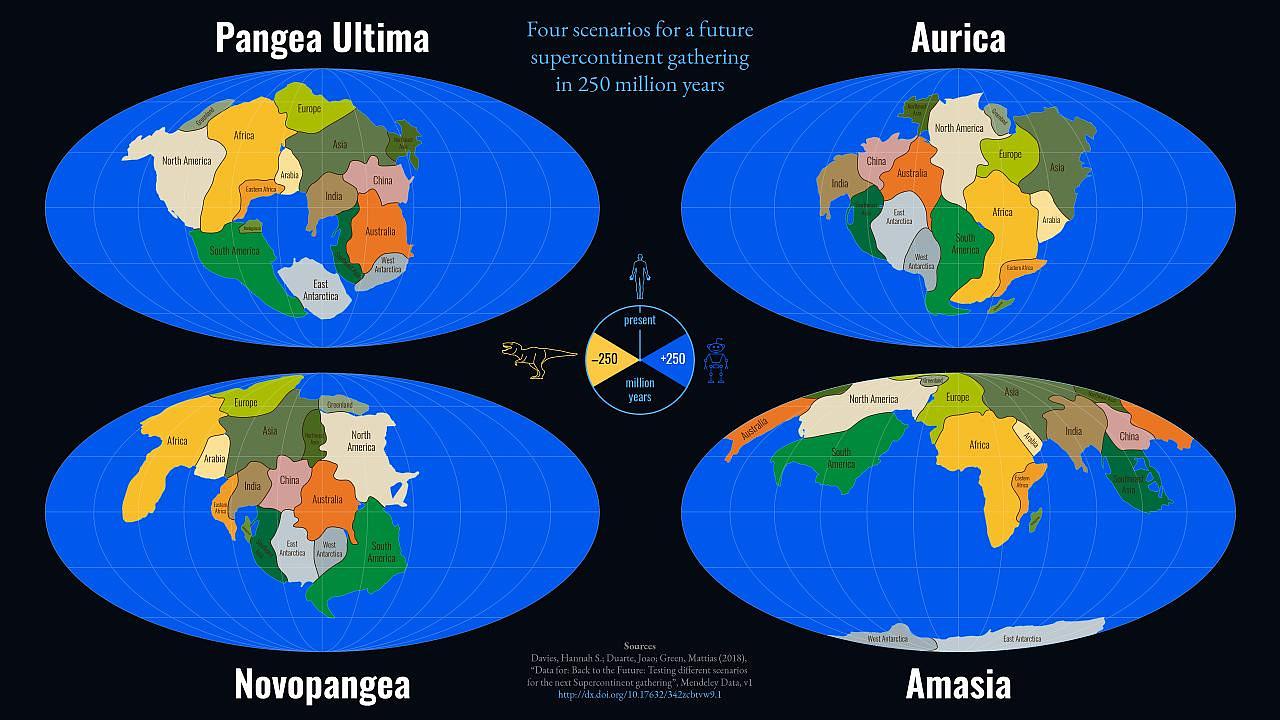
Performance Hydrogen City is the new site-specific performance by Digital Object Alliance invites visitors to experience the materiality of a speculative world of the future through the possible embodiment of videogame logics. The performance took place at Hyundai Motorstudio Moscow as part of the joint program by Garage Digital and the online platform Rhizome for the international exhibition World on a Wire.
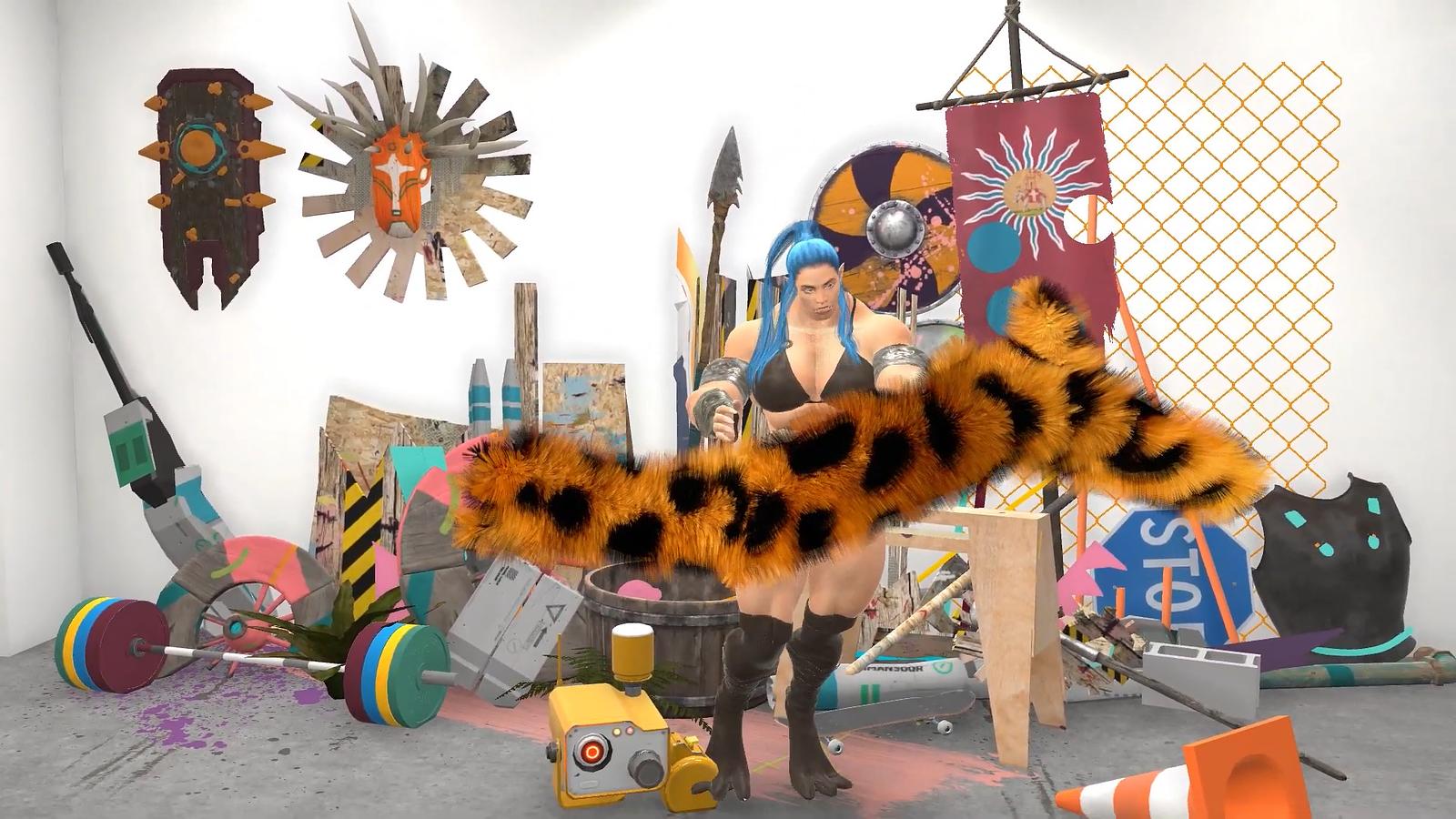
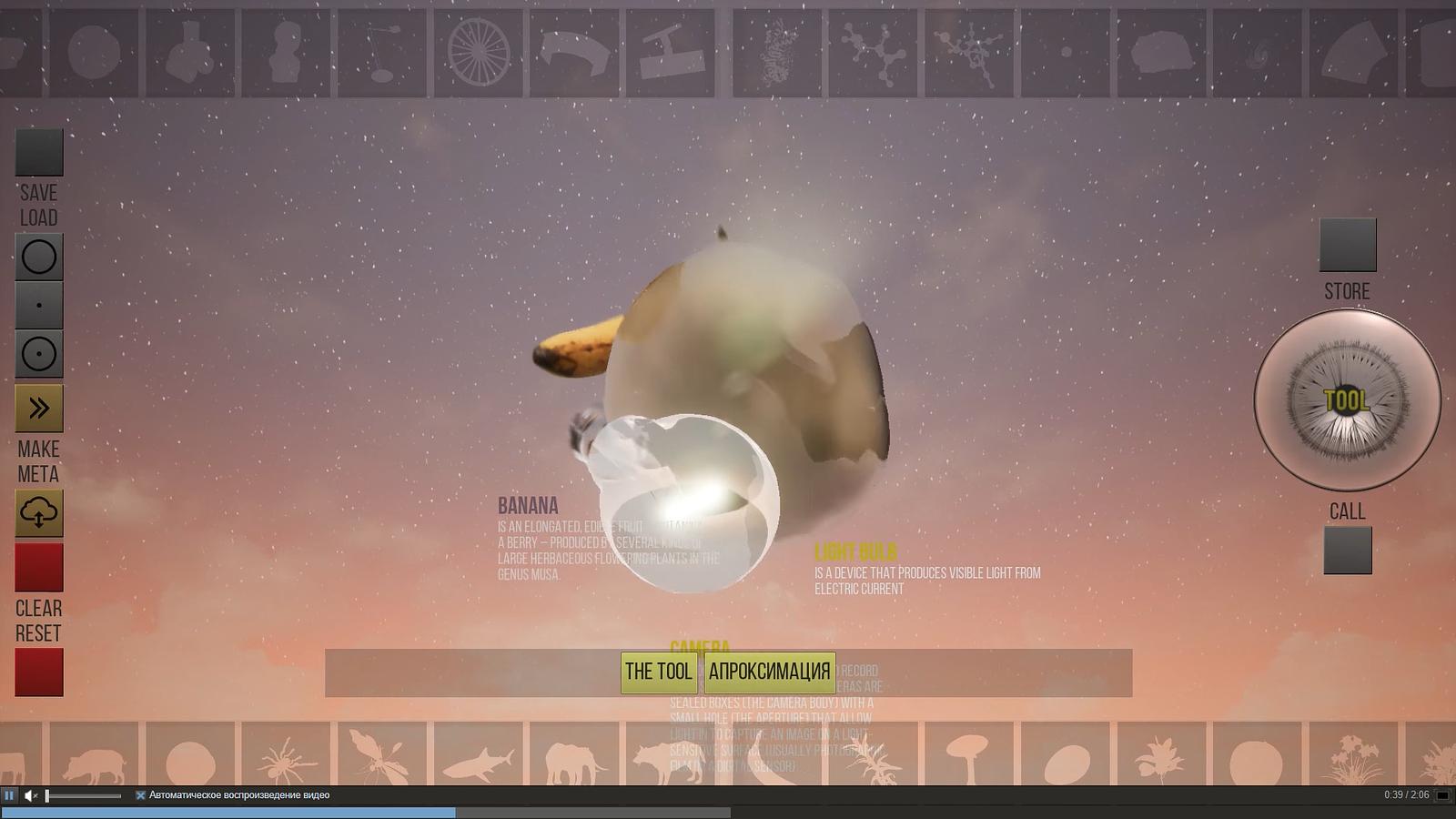

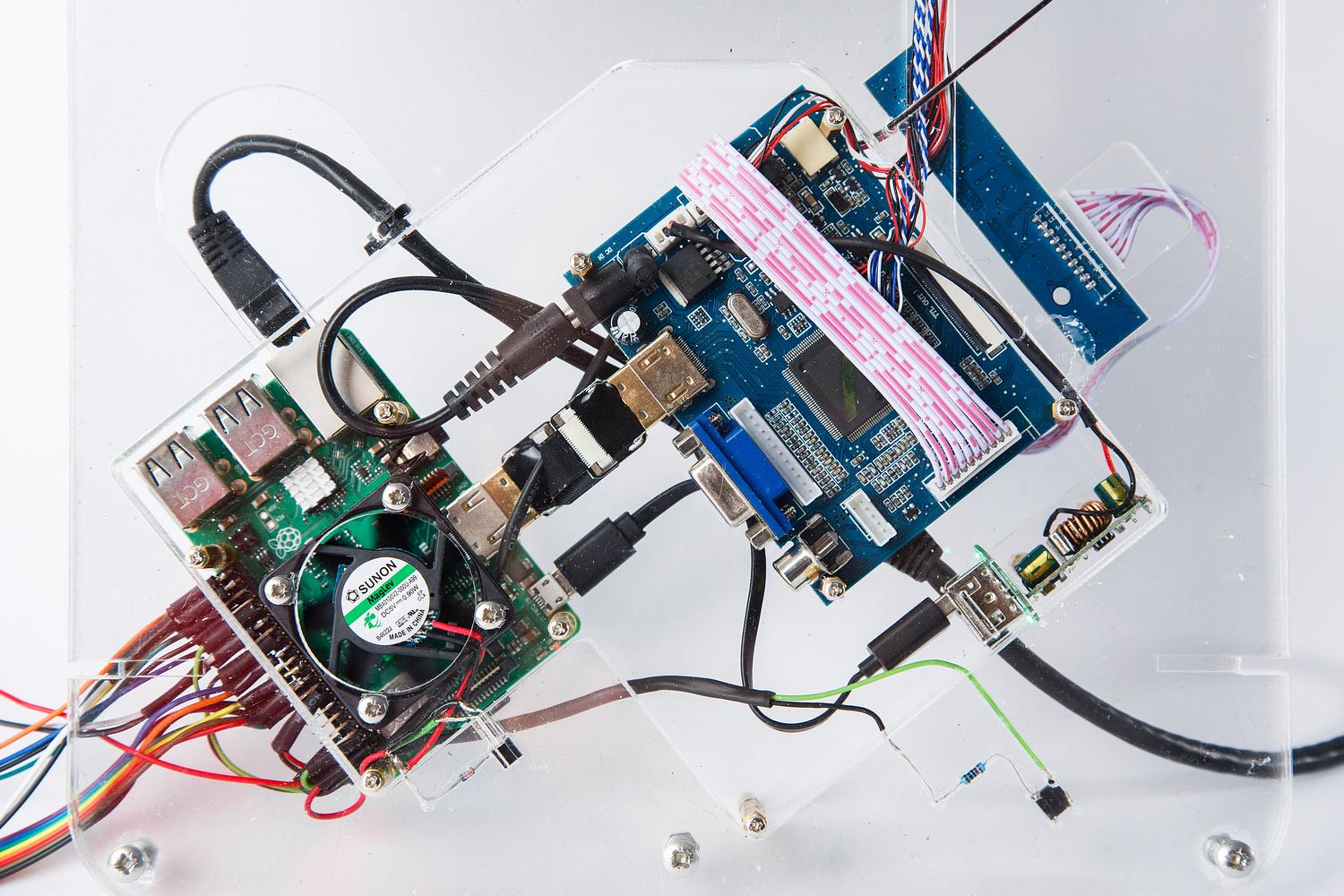
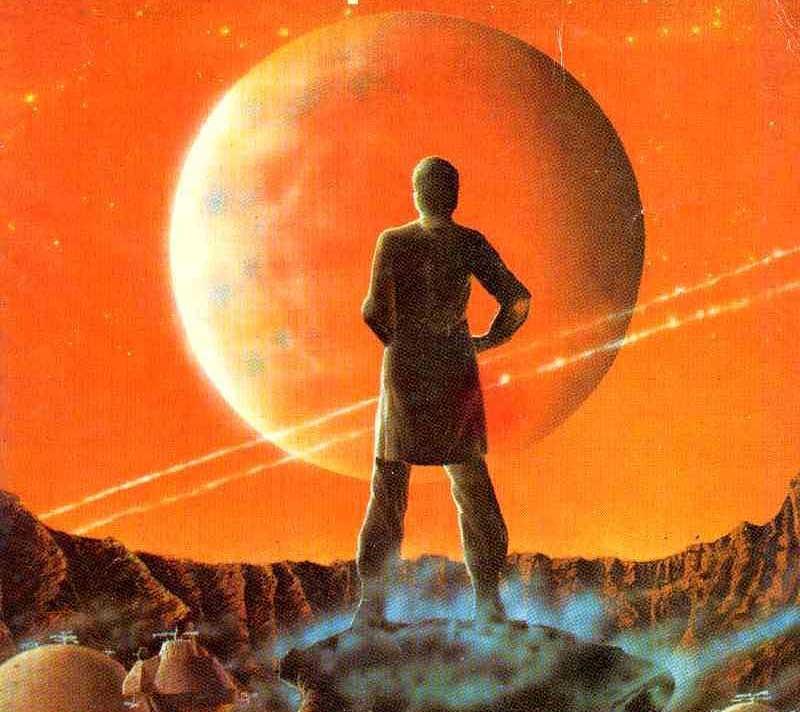
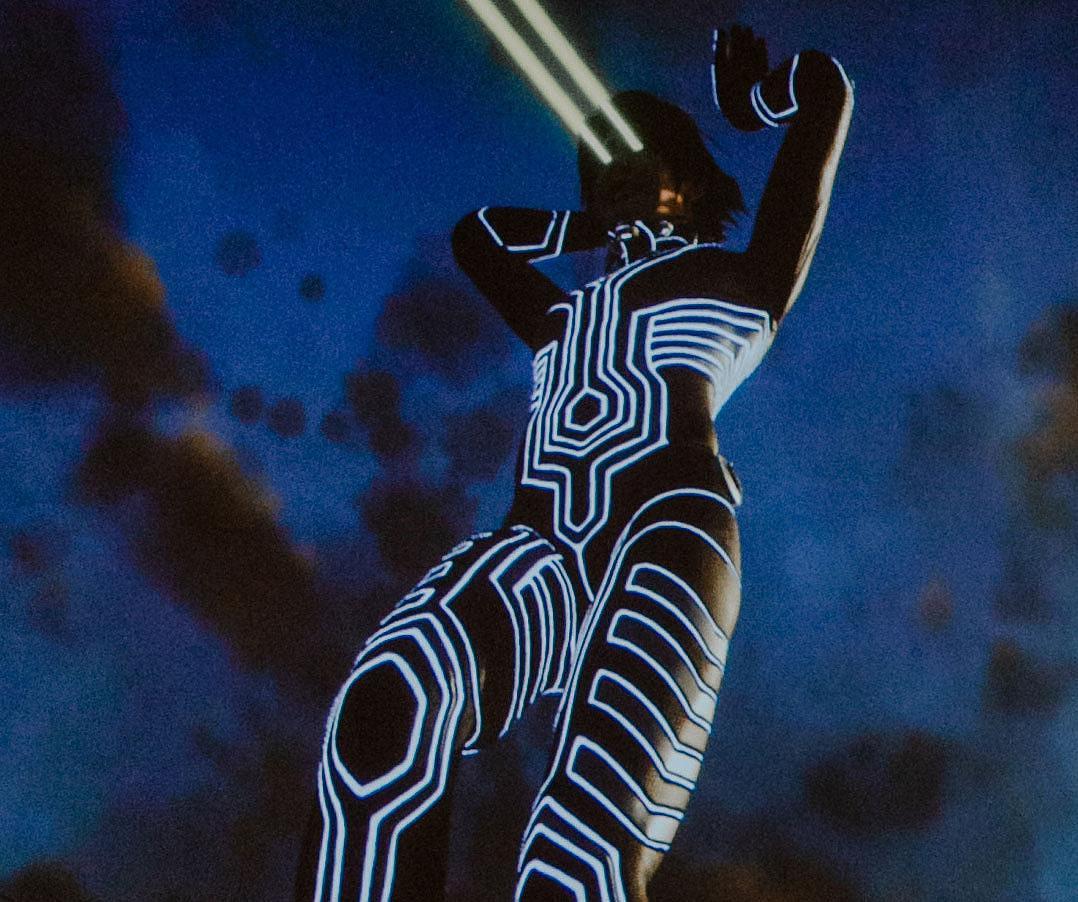
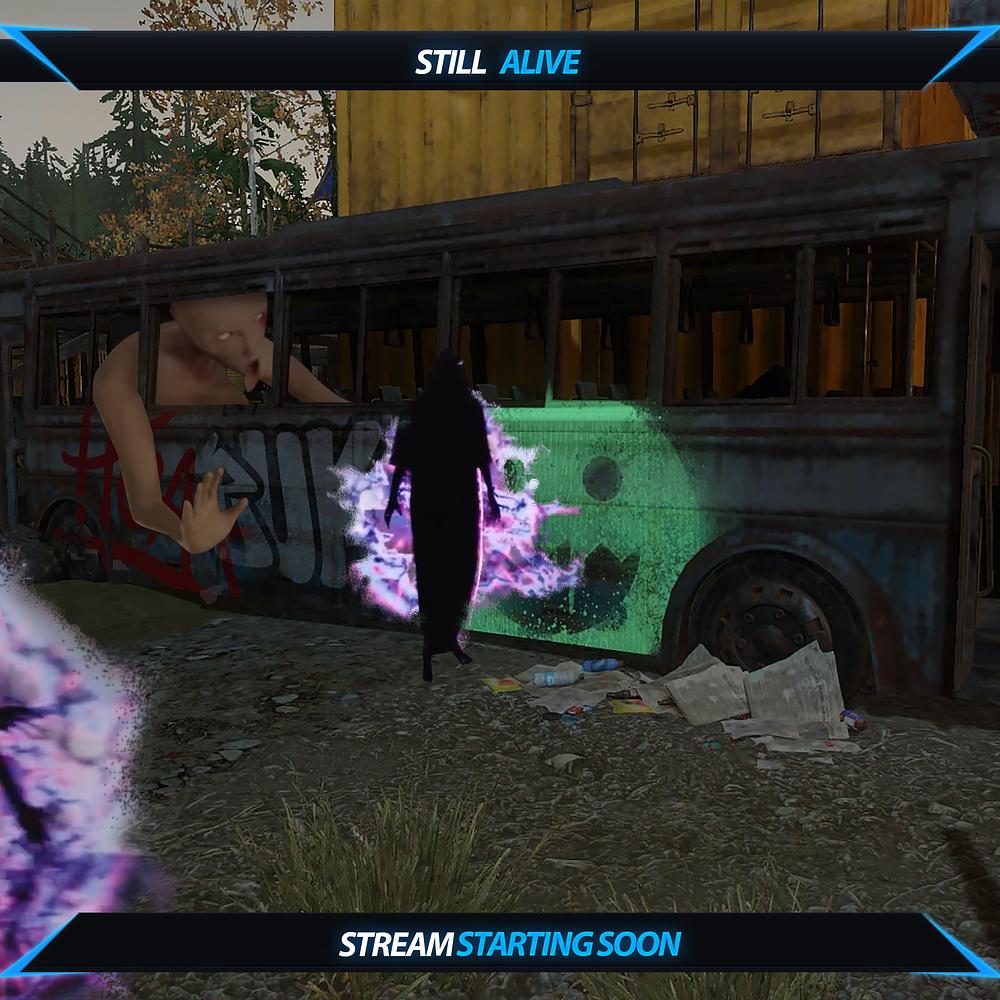
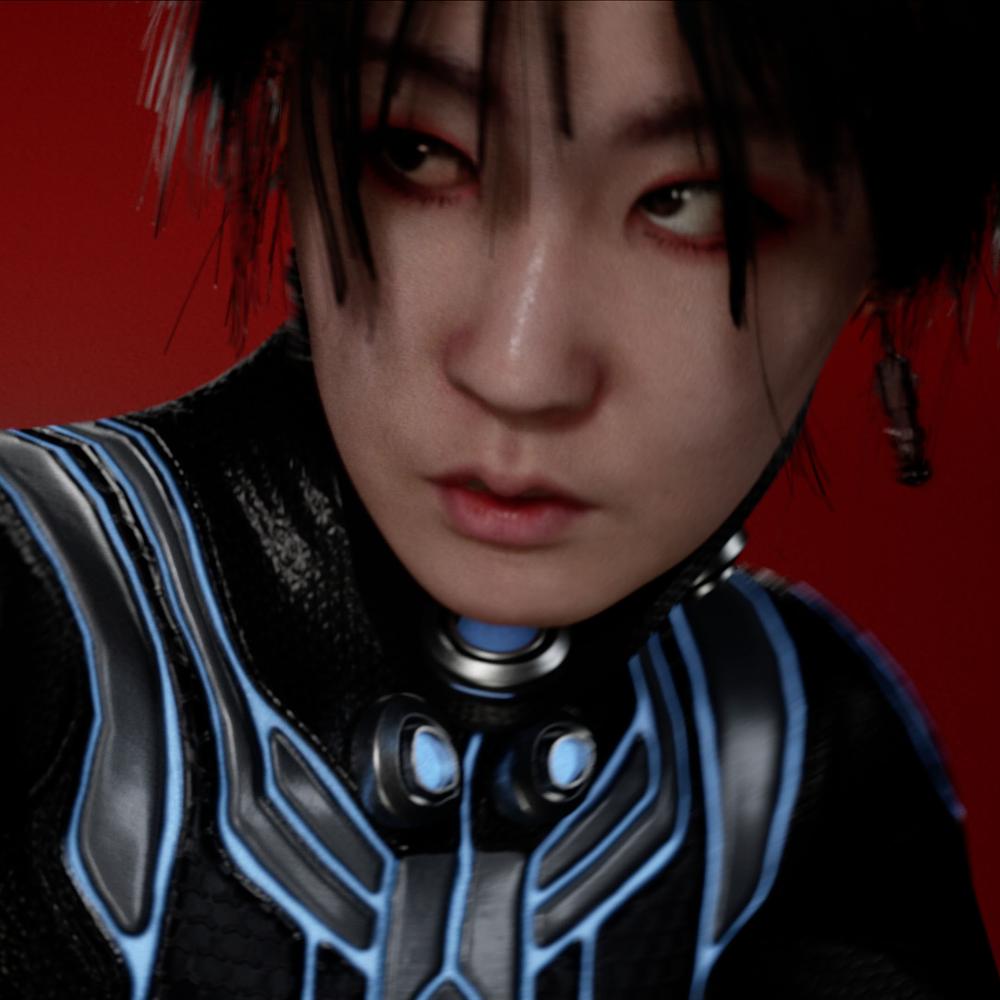
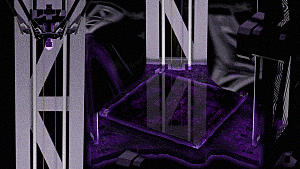
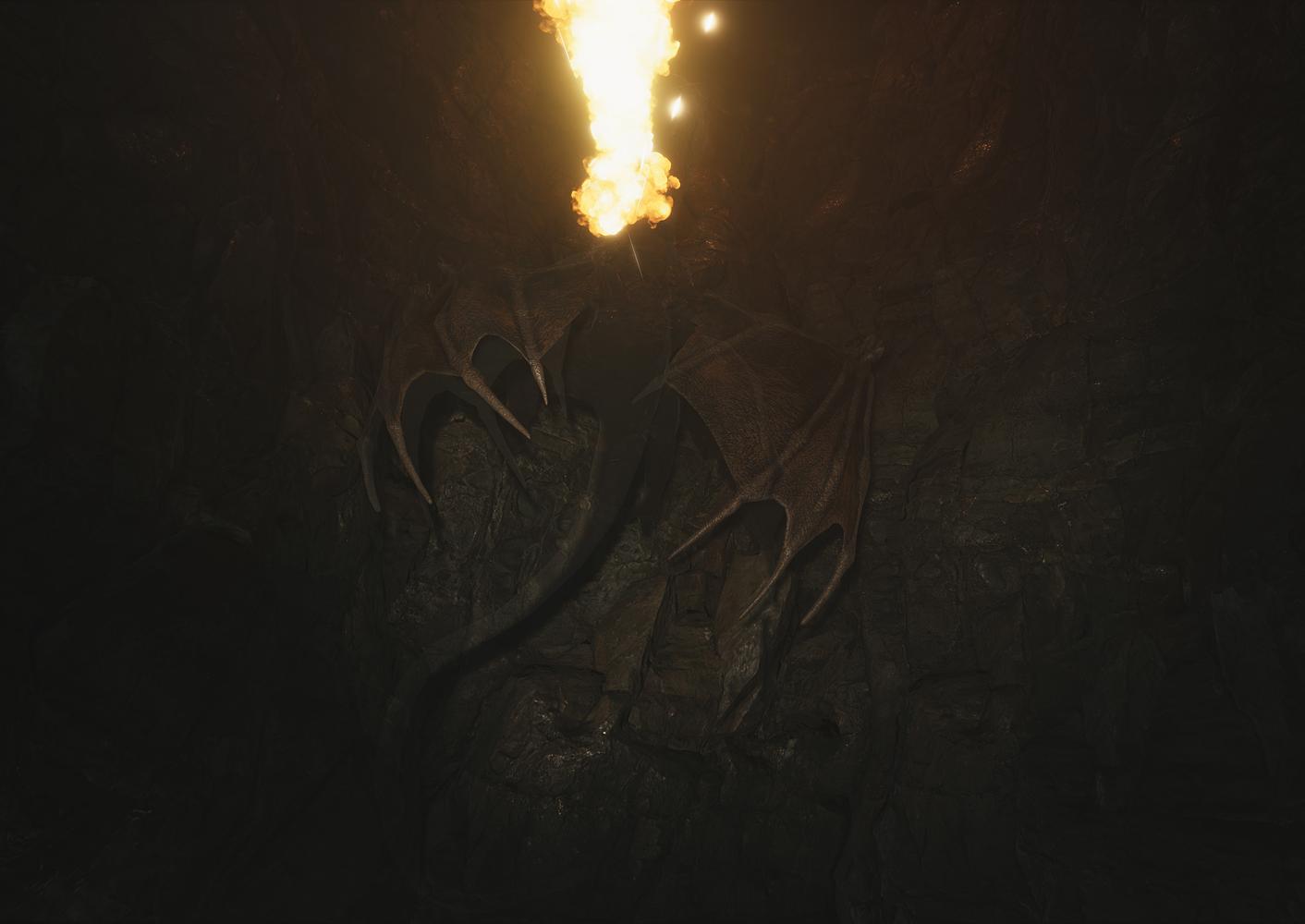

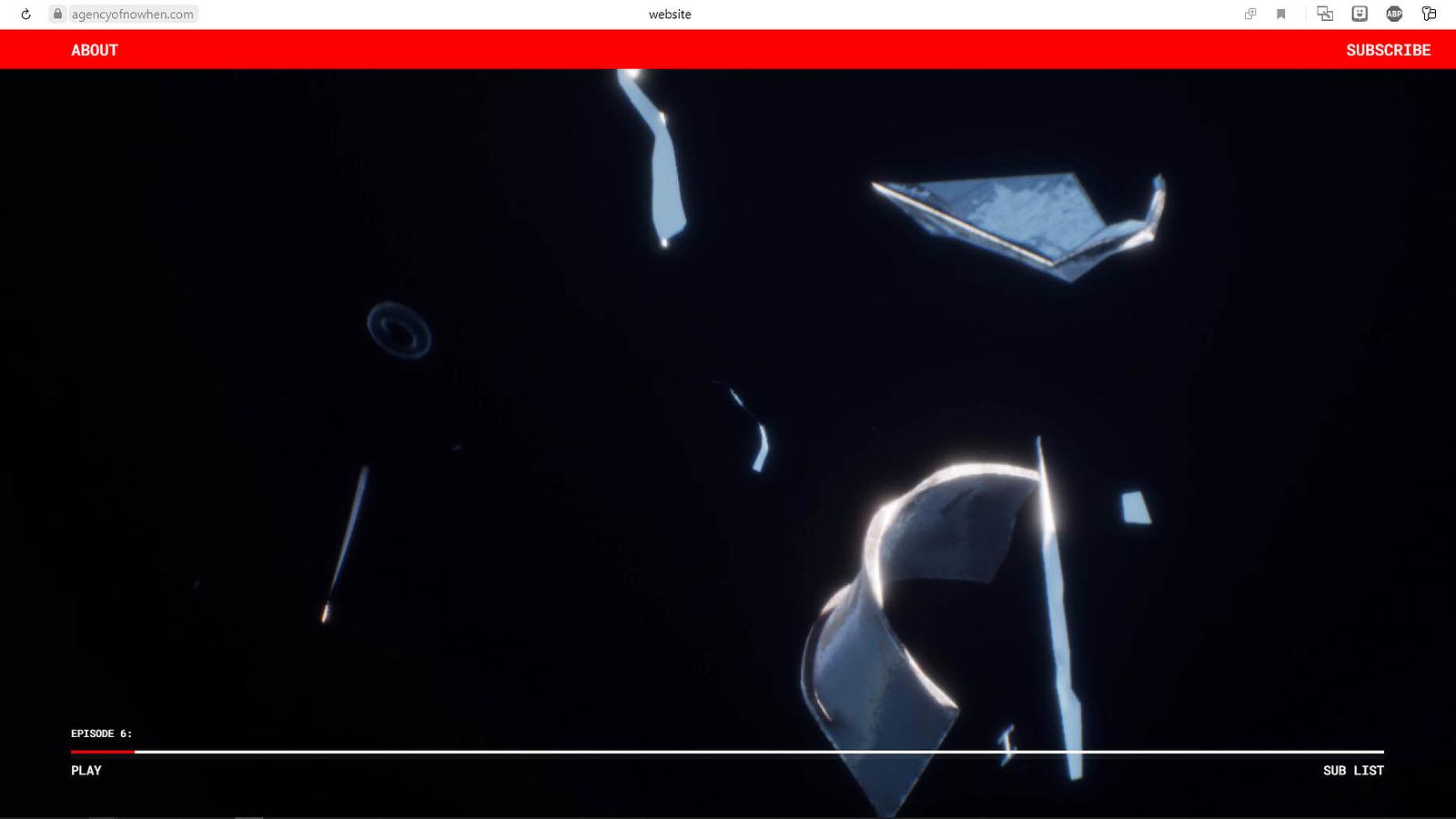
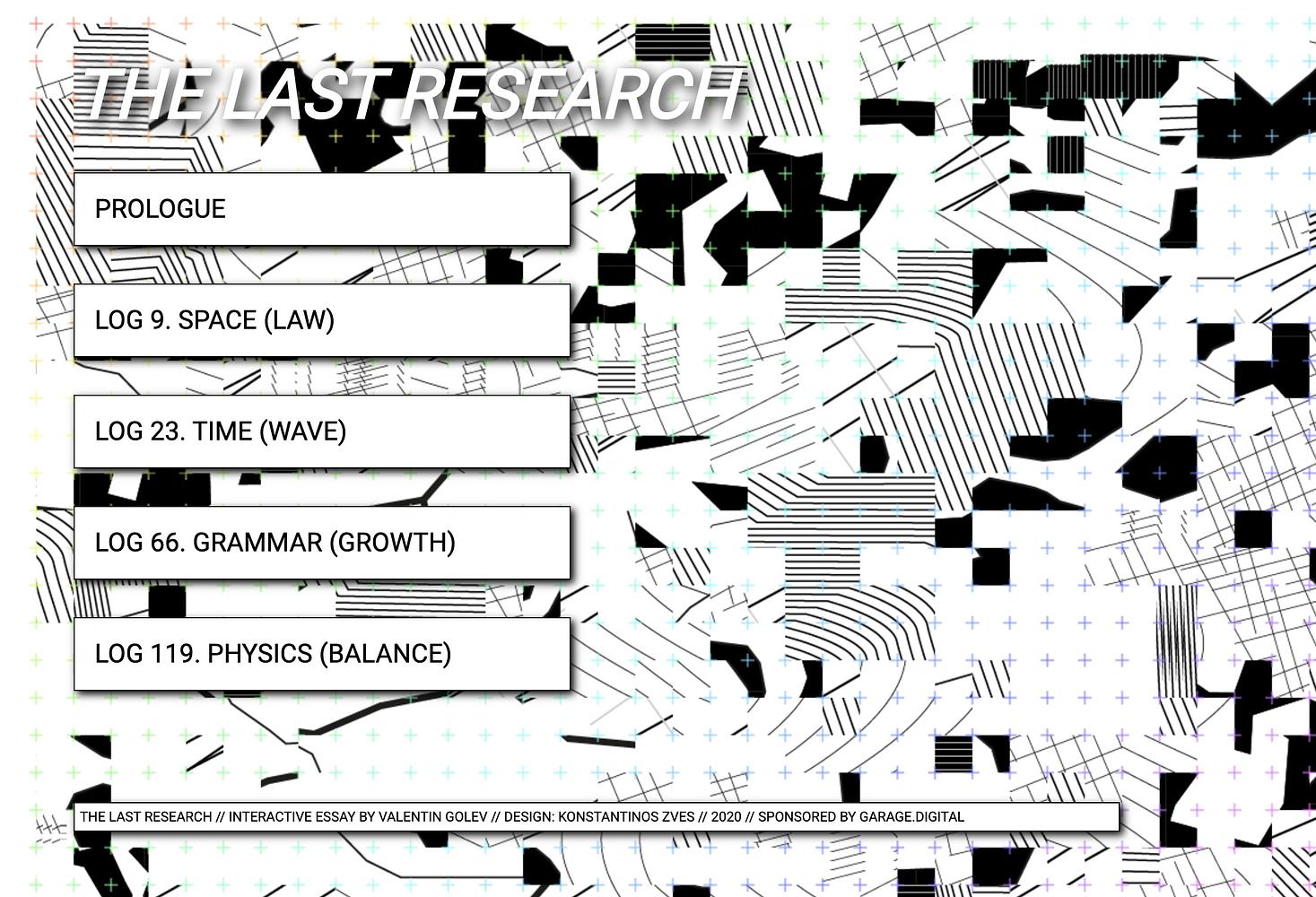
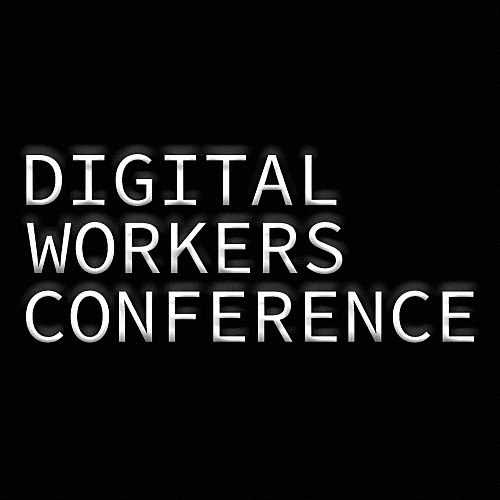
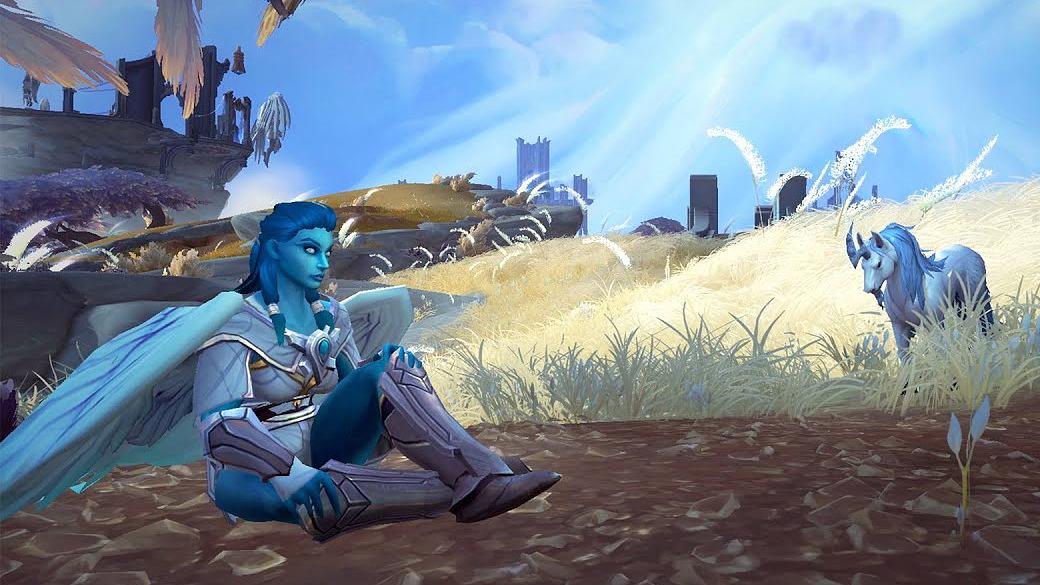
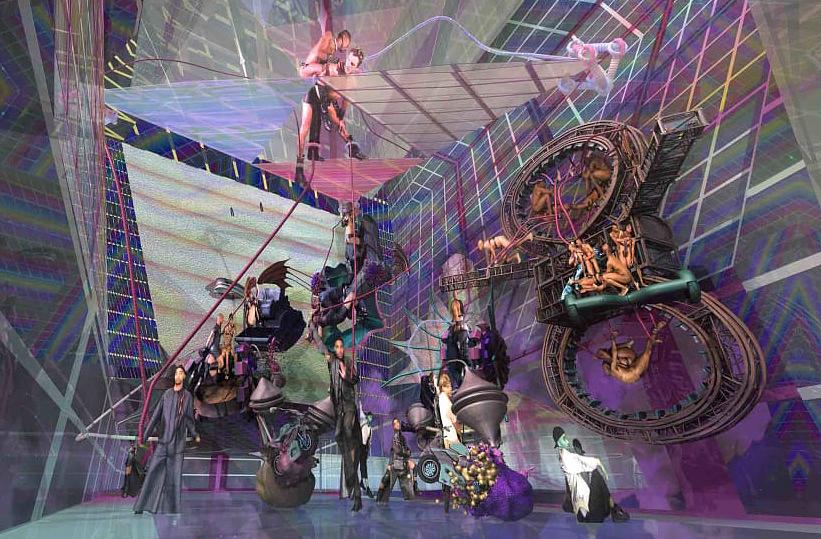
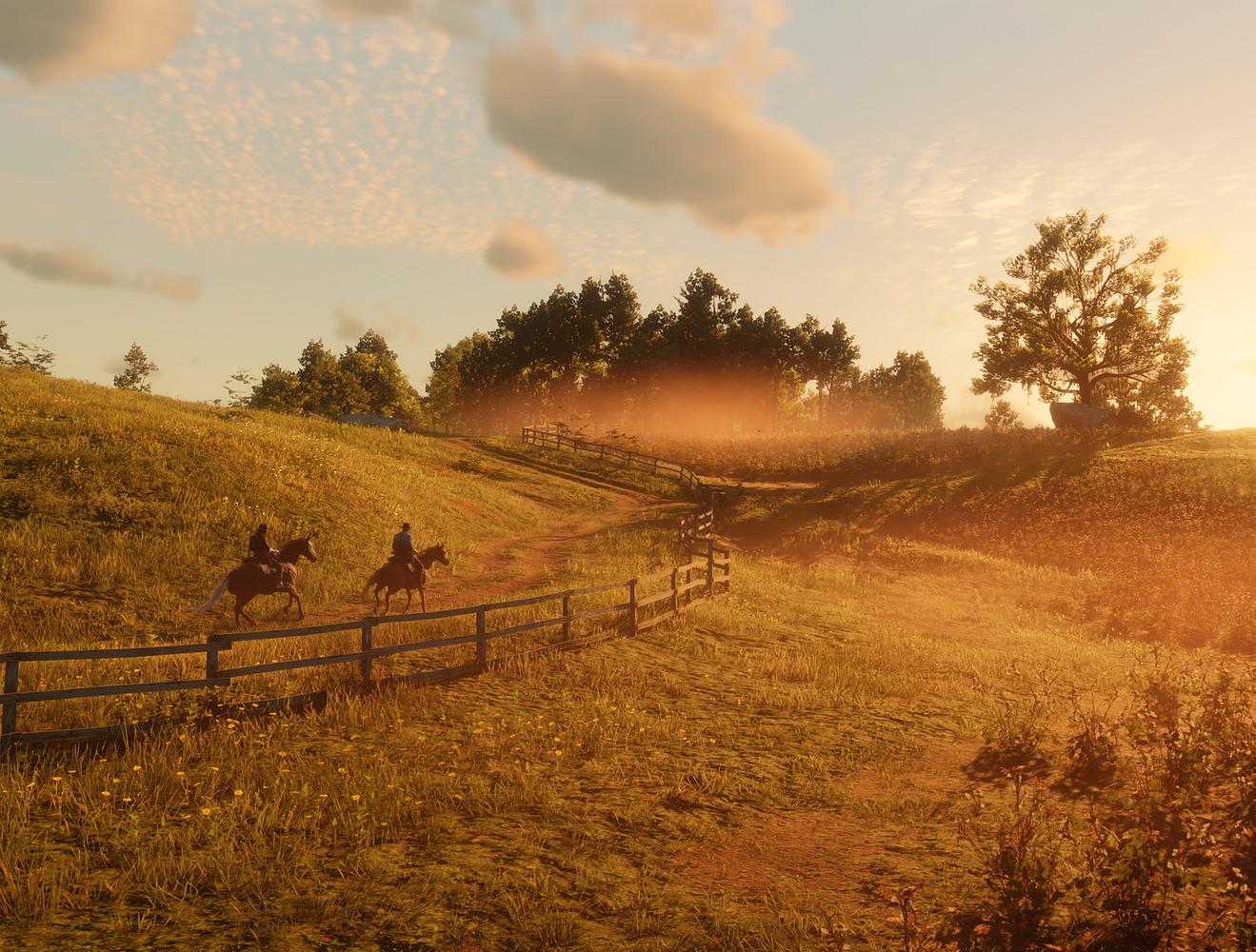
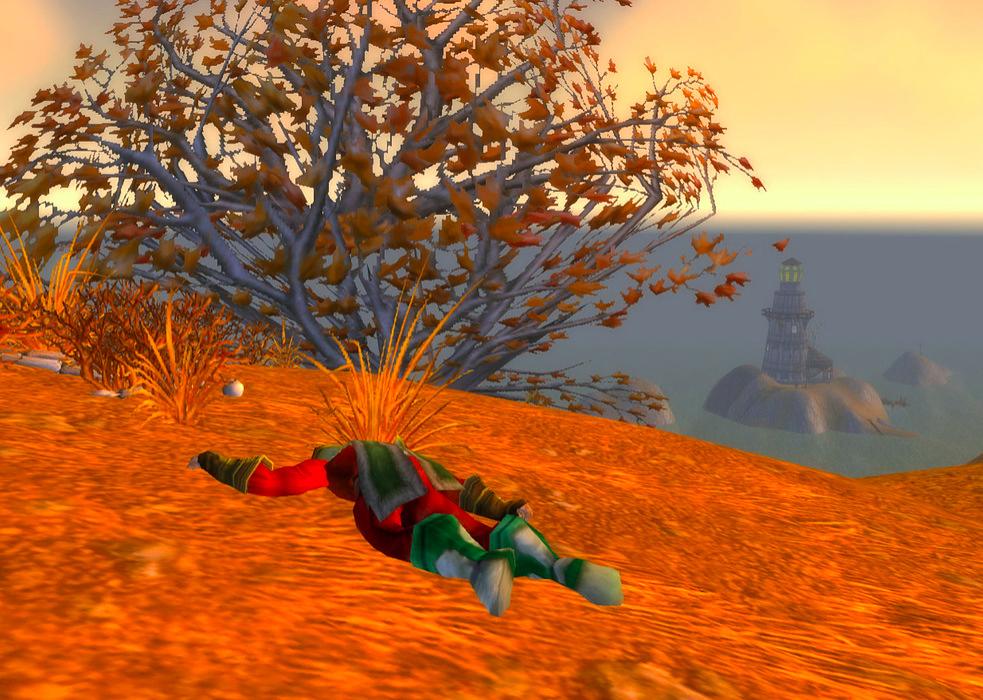
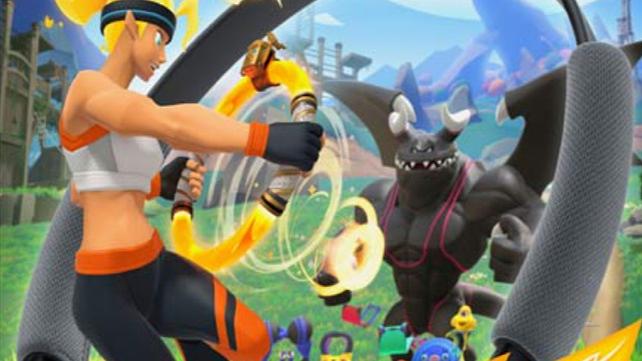
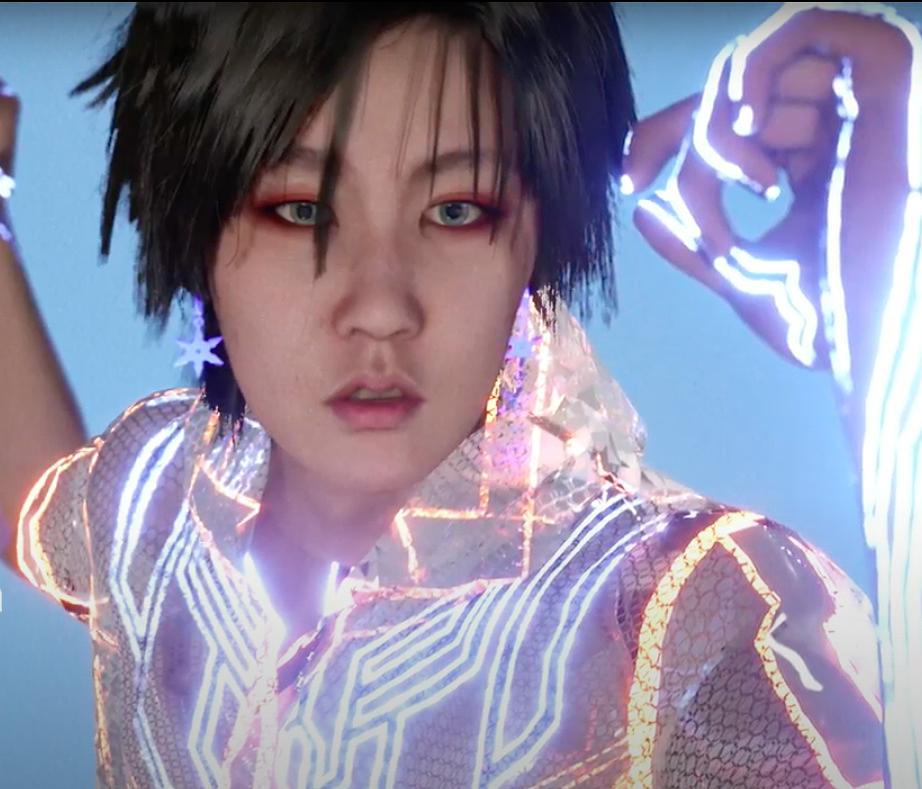
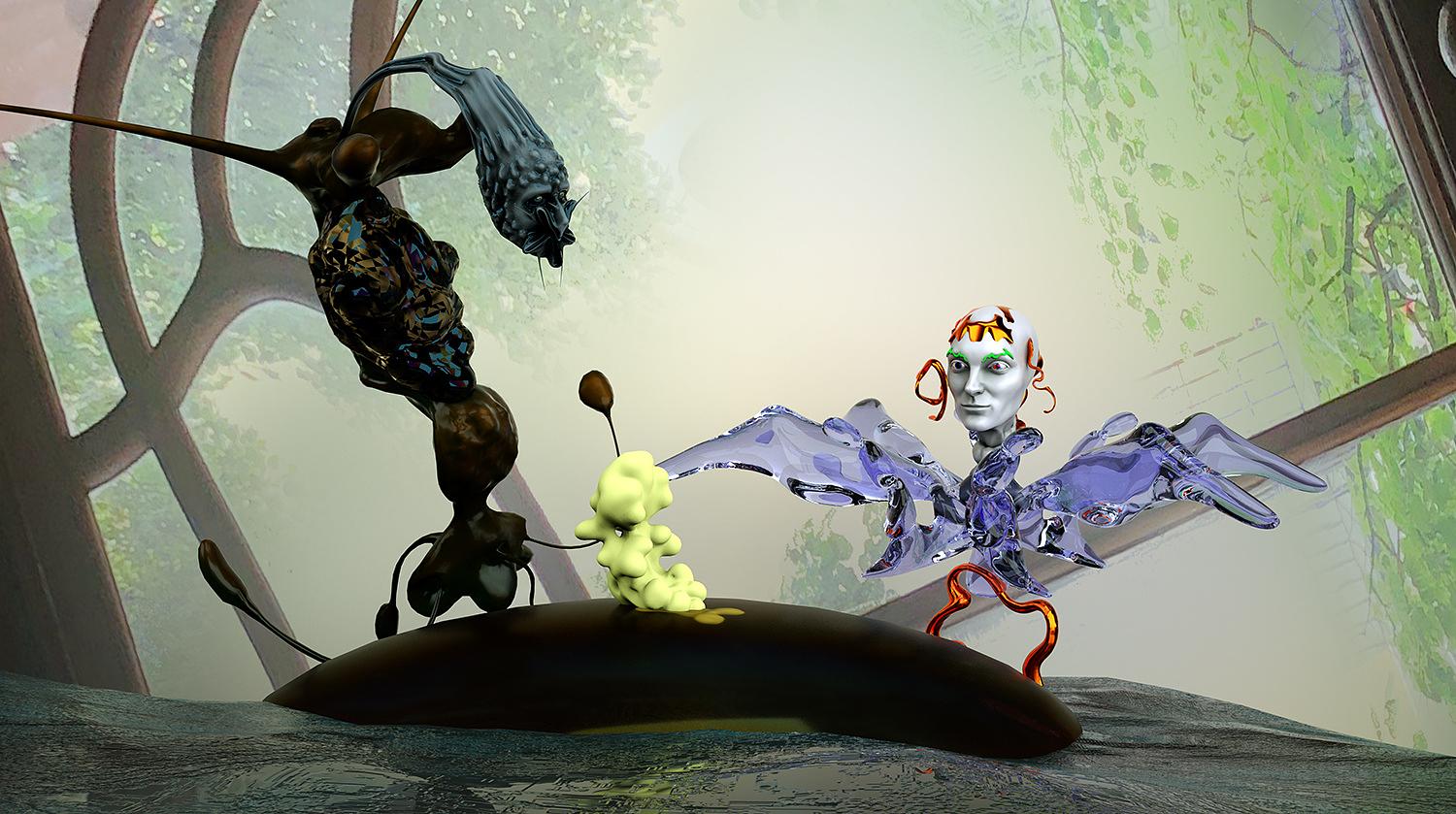
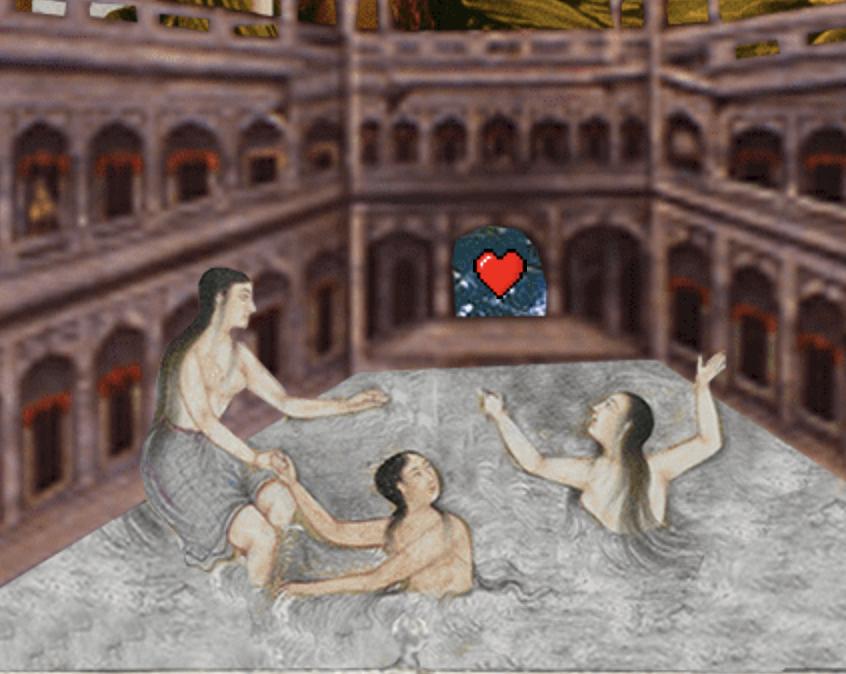
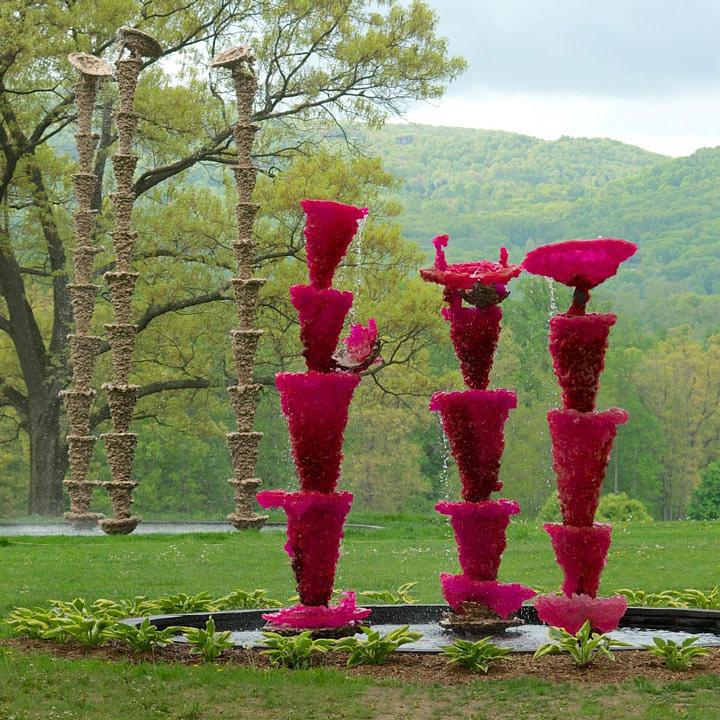

The hackathon brought together over twenty participants and included talks by artists and developers and a practical session where participants were split into two teams to create new video games. Three projects were selected by the jury as the hackathon winners: Roots, Family Tree, and Waste Problem.
winners
Roots
Maria Sviridova, Ellina Gennadievna
A wood is a network that connects trees, allowing them to exchange important messages with each other. The complex system of roots is similar to the World Wide Web and even has a similar nickname, the Wood Wide Web. Anthropogenic impact means that communication between trees is breaking down and they are dying. Surprisingly, recent experiments have revealed that such eco systems are capable of rapid renewal where “key trees” have survived.
Roots is a video game that allows you to renews the root system through your own breathing. A controller in the form of a player’s mask is equipped with a carbon dioxide sensor (which feeds the plants). When the player achieves a particular breathing rate, the roots of the trees begin to grow and the “wood music”—the rustling of branches and the sound of water—becomes louder. The game is a meditative process which leads the player to an understanding of natural communication and the correlation between the biological and the technological.
Family Tree
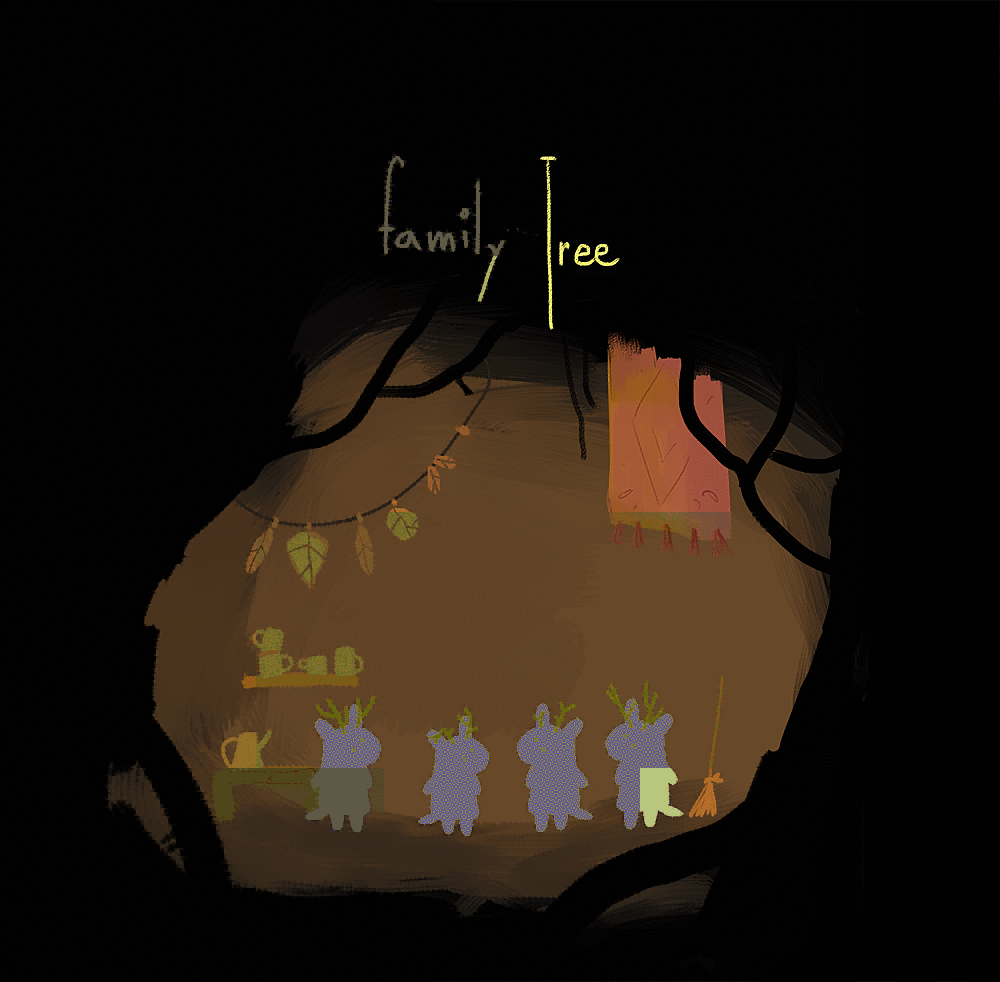
With this game, I wanted to say that we cannot help if we do not love each other. Small creatures living in a tree communicate by transmitting love to each other and filling themselves with sunlight which, in turn, helps the little tree to grow.
Waste Problem
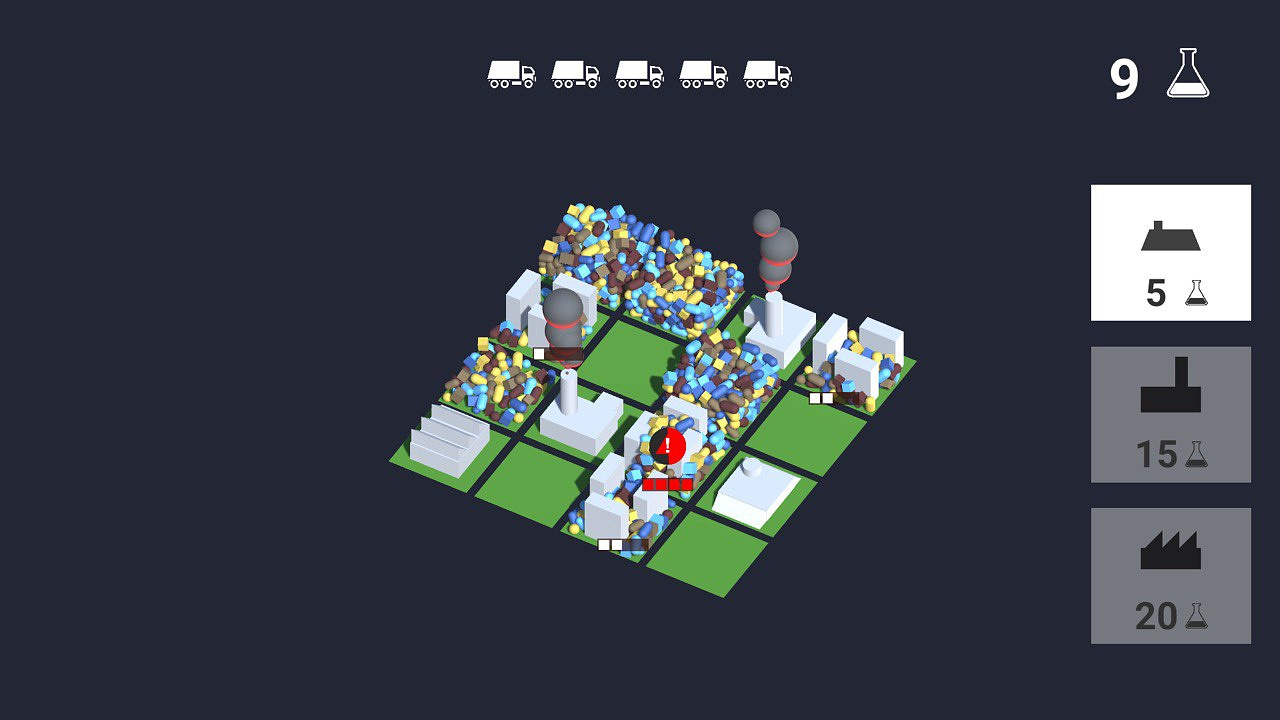
The game demonstrates the problem of waste recycling from the perspective of a recycling company managed by the player. Unfortunately, existing recycling methods do not allow us to dispose of all the waste produced by humans, unless we reconsider our philosophy of production and consumption. In order not to lose, it is enough to prevent cities from becoming critically polluted. The player scores points for taking garbage out of the cities, and these can be spent on building structures that facilitate waste recycling: “polygons” (where more collected waste can be accumulated in a smaller space), “burners” (which destroy waste faster), and “recyclers” (where the process is slower but an extra “truck” means more waste can be collected). As the game progresses, the number of cities increases, as does the production of waste, making waste collection an increasingly complicated task. While attempting to recycle waste, the player also needs to bear in mind its distribution and a strategy for acquiring new structures.
Other participants’ projects
Ecoman
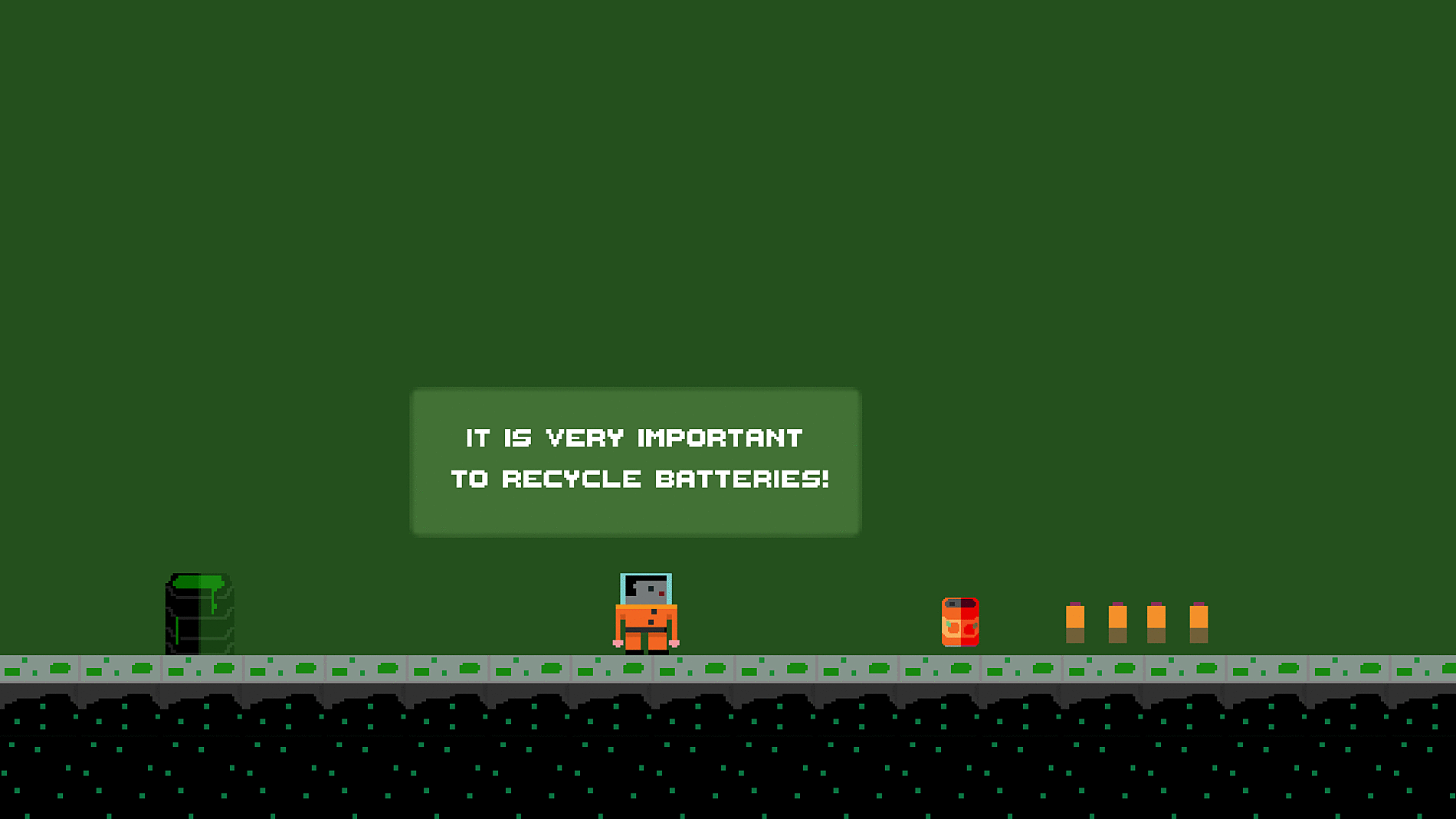
The main mechanics in Ecoman is the collection of various types of waste. By taking on the role of waste collector and moving from one location to another, the player learns about available utilization and recycling methods, from organic materials to waste products.
Decision
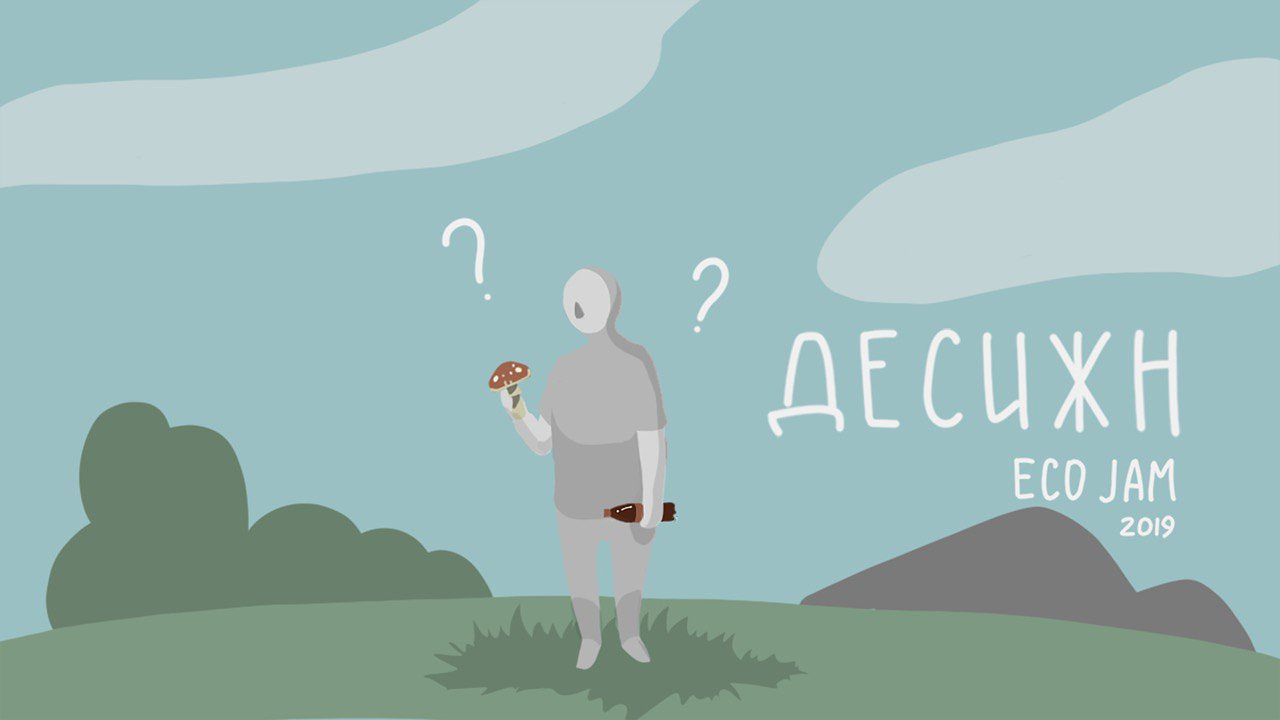
A fable-based game where a human protagonist encounters unknown objects and has to interact with them. How will this affect the Earth? Will it? The path to ecological coexistence with the world is neither simple nor transparent. The game does not include direct instructions on how to save the planet, meaning its preservation turns into a sequence of situations, each of which requires the player to make a decision.
Human Connect
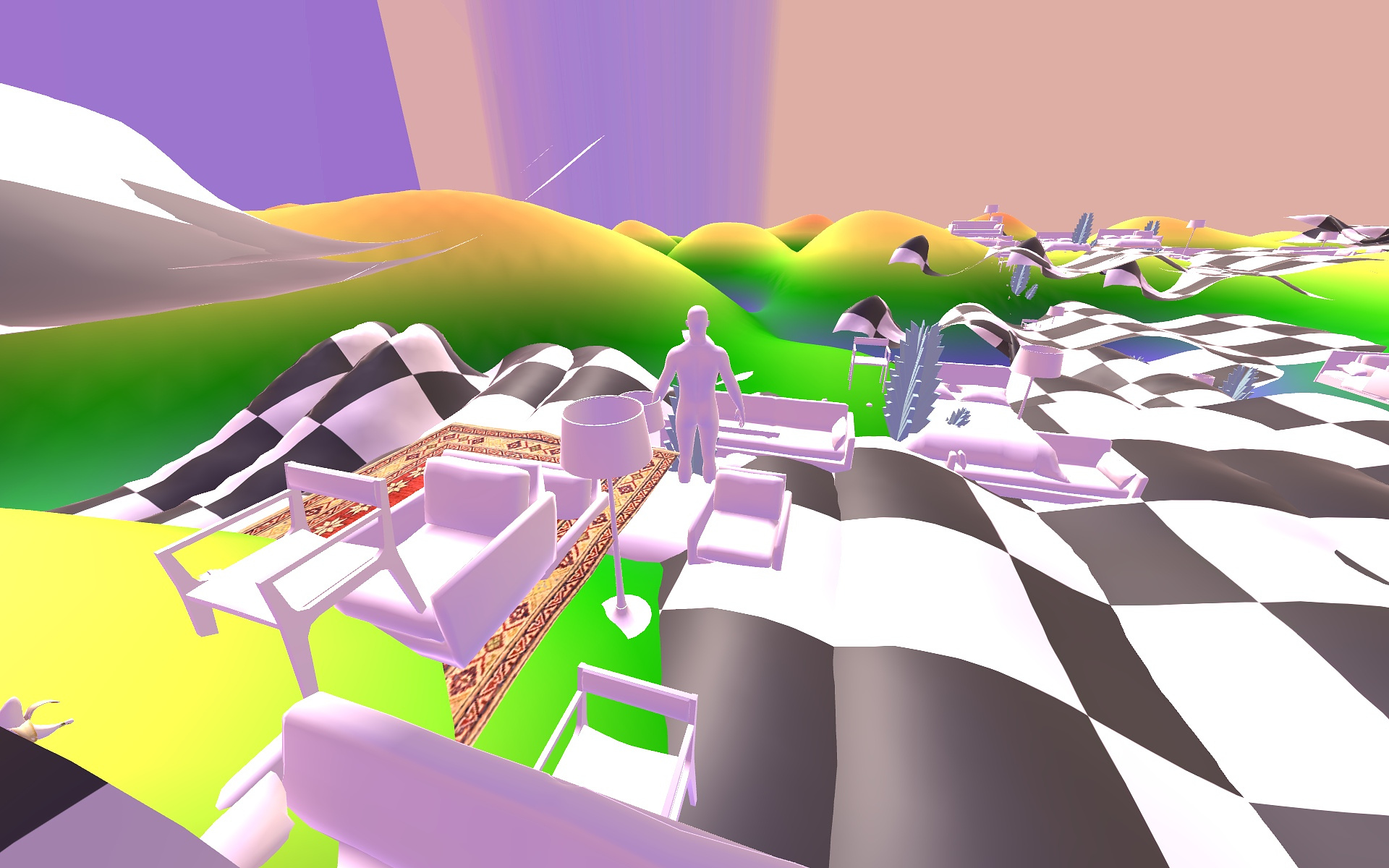
Human Connect is an art simulator for creating your own nature. During the process of spatial exploration random objects appear chaotically, metaphorically reflecting the player’s footprint in this world. The more the player moves across it, the larger the number of objects that appear. The accumulation of objects is unlimited and the player is immortal, so the entire gameplay is a unique sandbox in a state of constant flux.
PECO (Personal Ecology)
Wilki: Valentin Belik, Vladimir Matsal, Polina Dobrotsvetov, Anastasia Reinfeld, Ekaterina Ryzhova, Tima Rasulev, Anna Shunevich, Appolinaria Golovkina, Varvara Obukhova
PECO (Personal Ecology) raises questions regarding the interaction of local communities and their impact on the environment. By responding in many different ways to global events (which appear in a social network feed), the player affects three key parameters (Public Opinion, Biosphere, Industry), thereby changing the game’s world: actions combine to influence the development of the city.
Vague Reconstruction of a Memory of an Exhibition
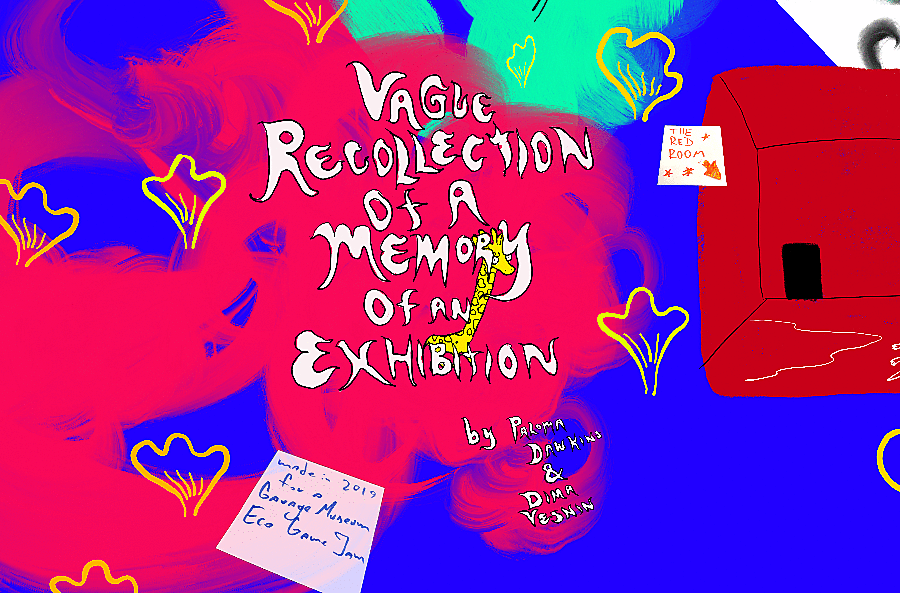
This game is a collaborative effort to remember happened at the exhibition The Coming World: Ecology as the New Politics 2030–2100 at Garage. In this flatgame, you play as a giraffe and relive the highlights of the exhibition: the salt room, the weird stairs, and lots of beautiful pigeons.
Jury
